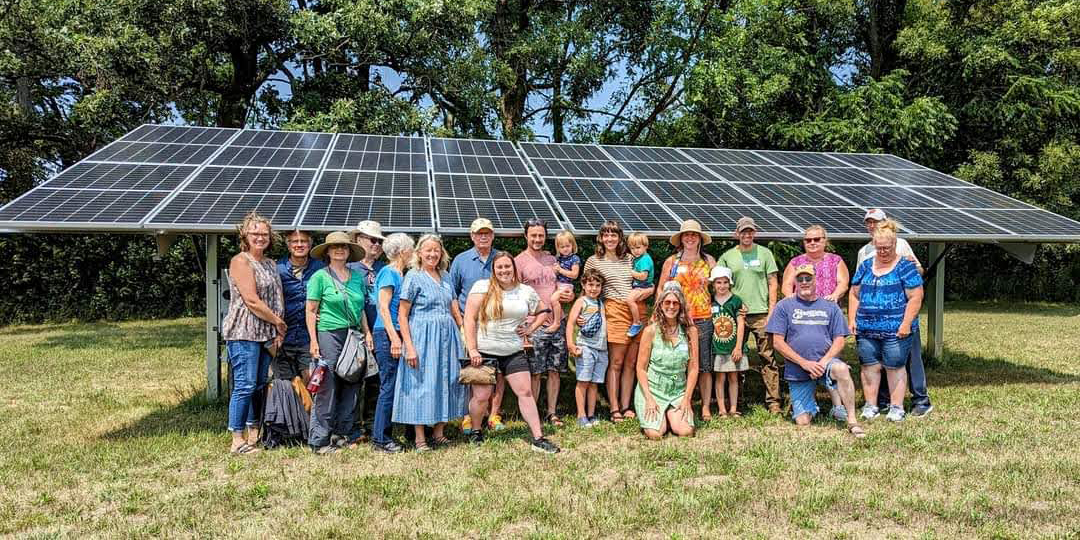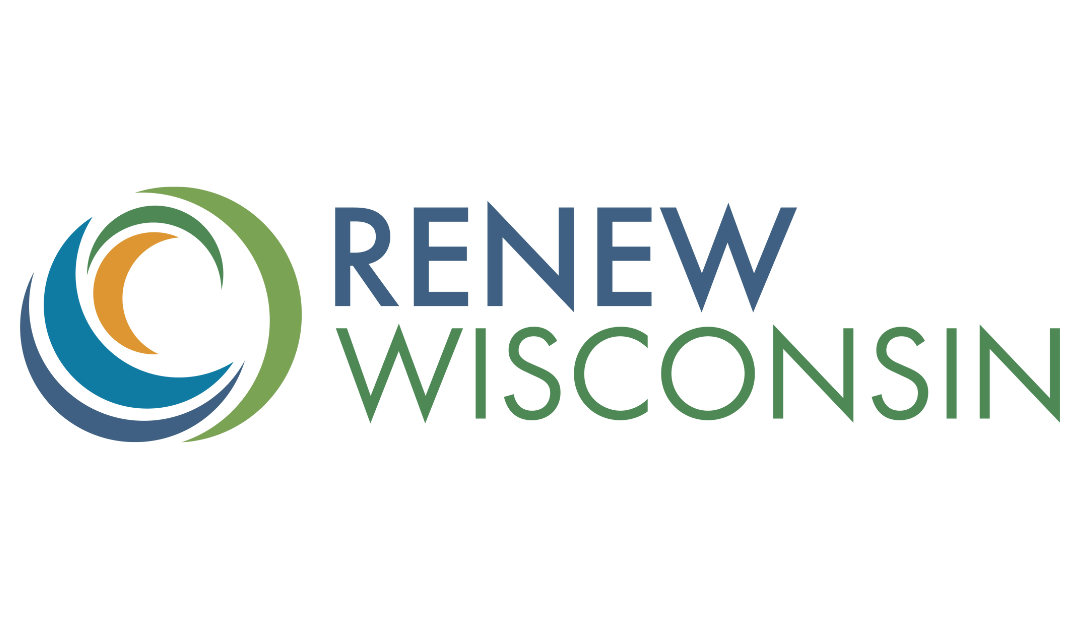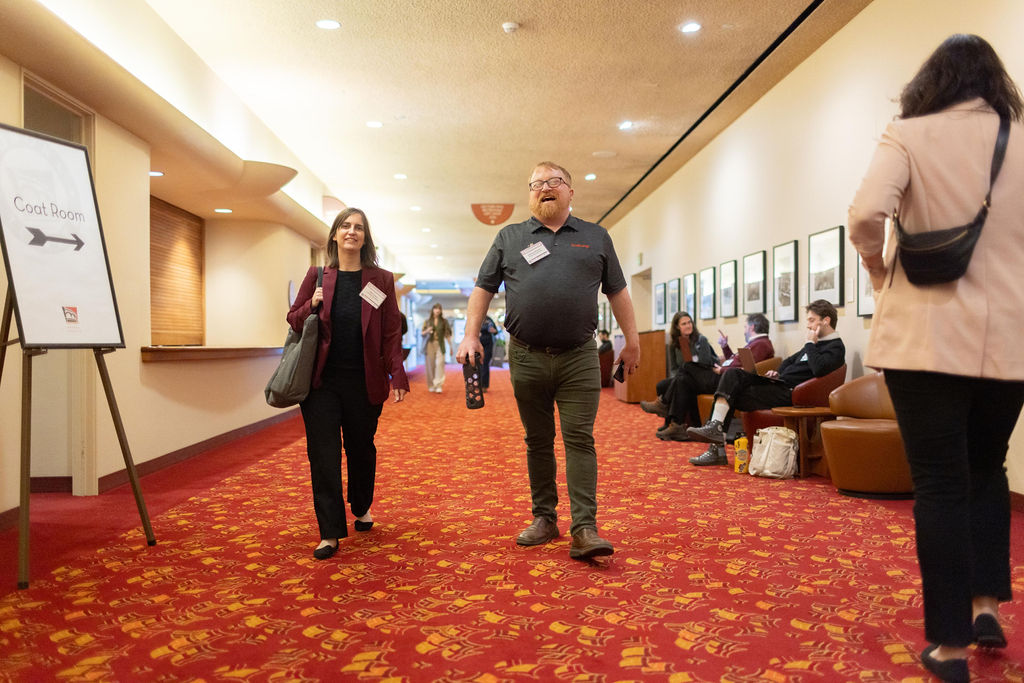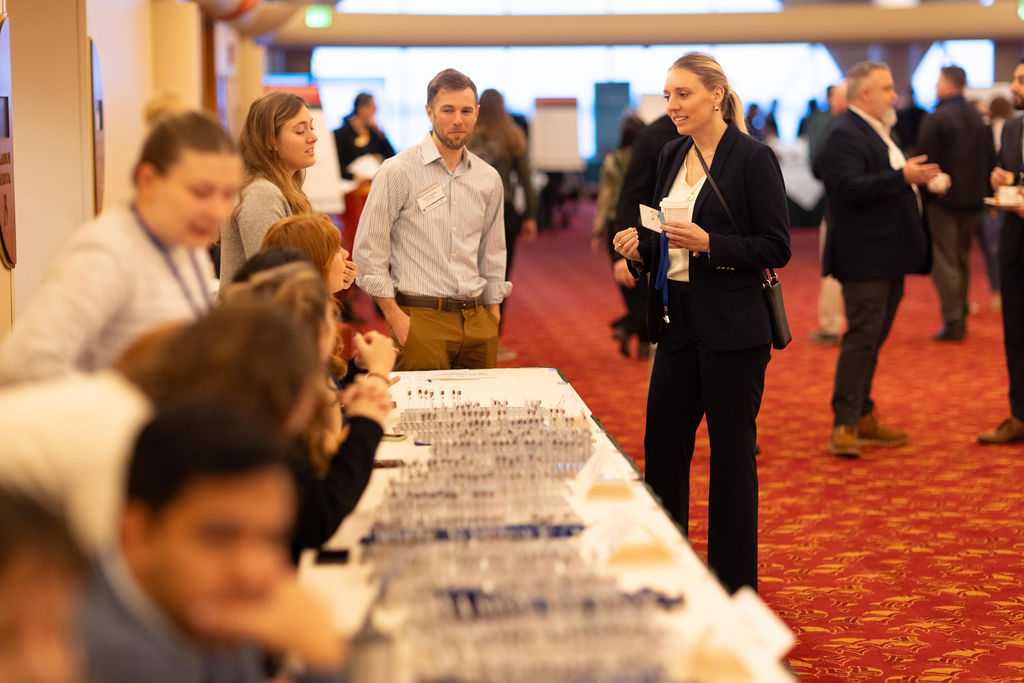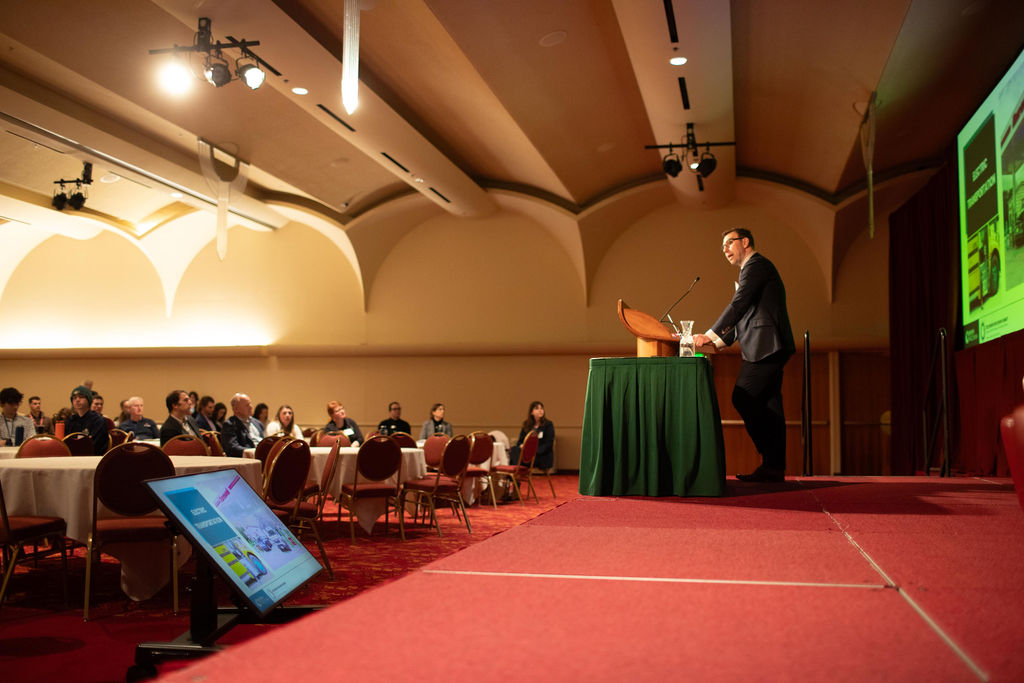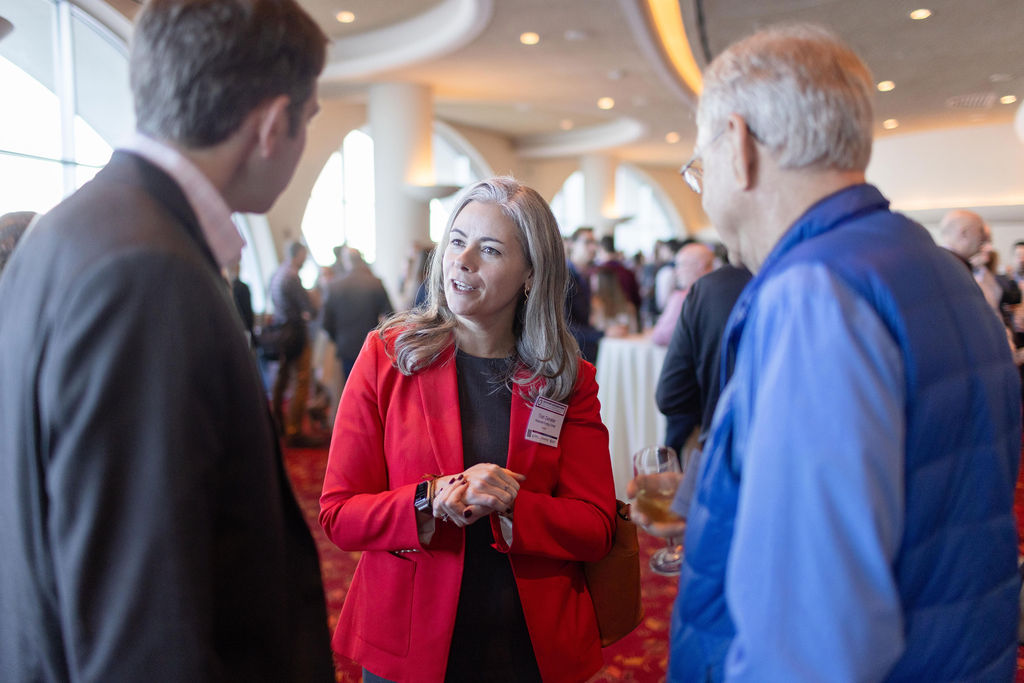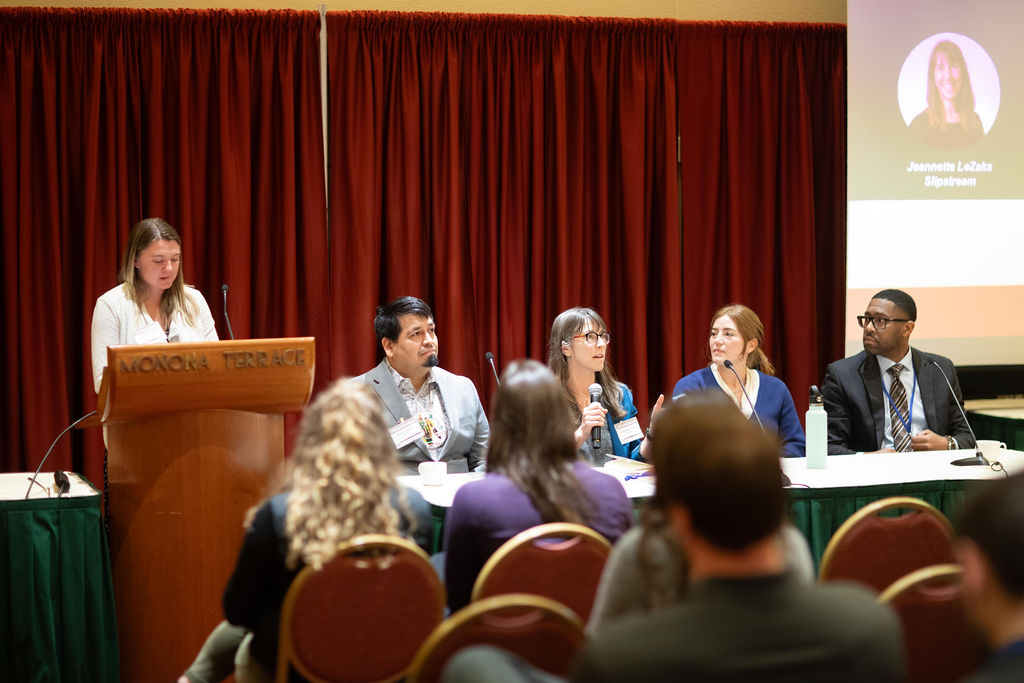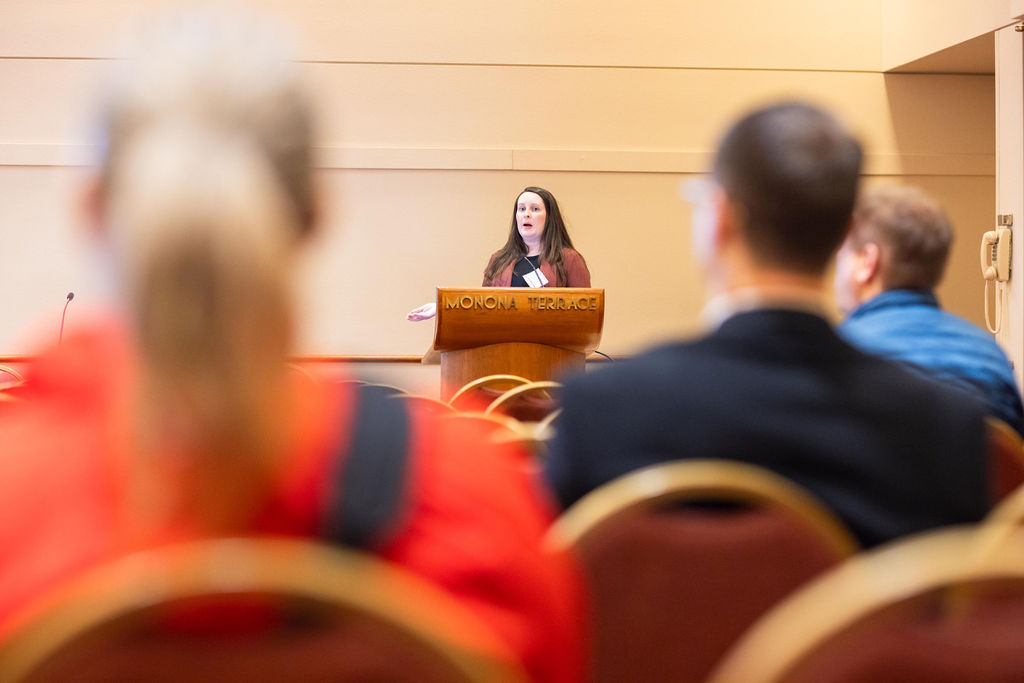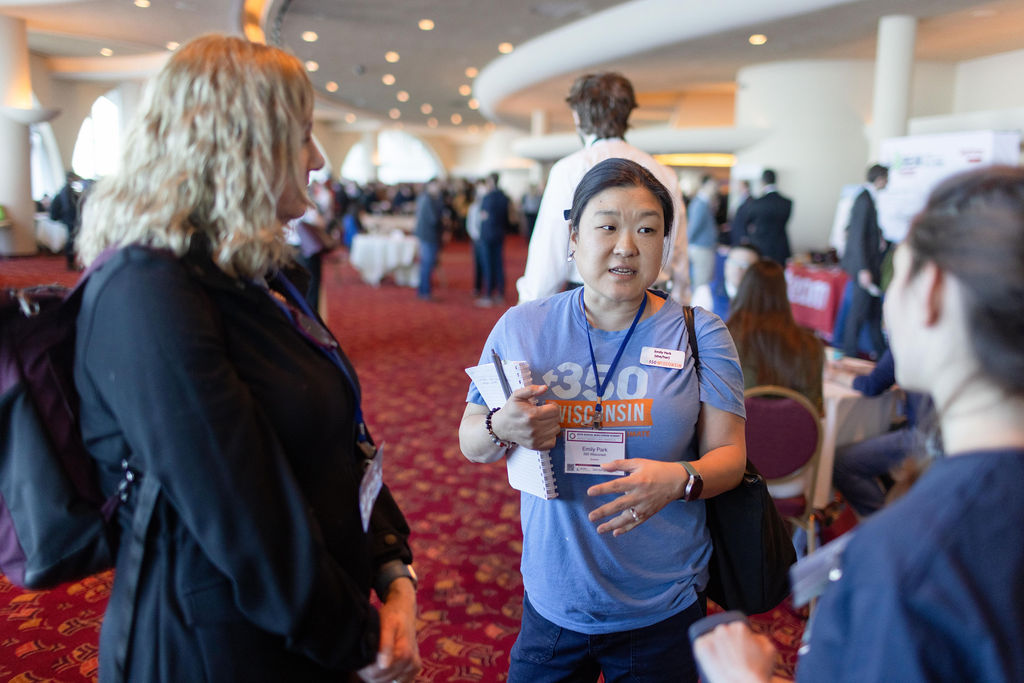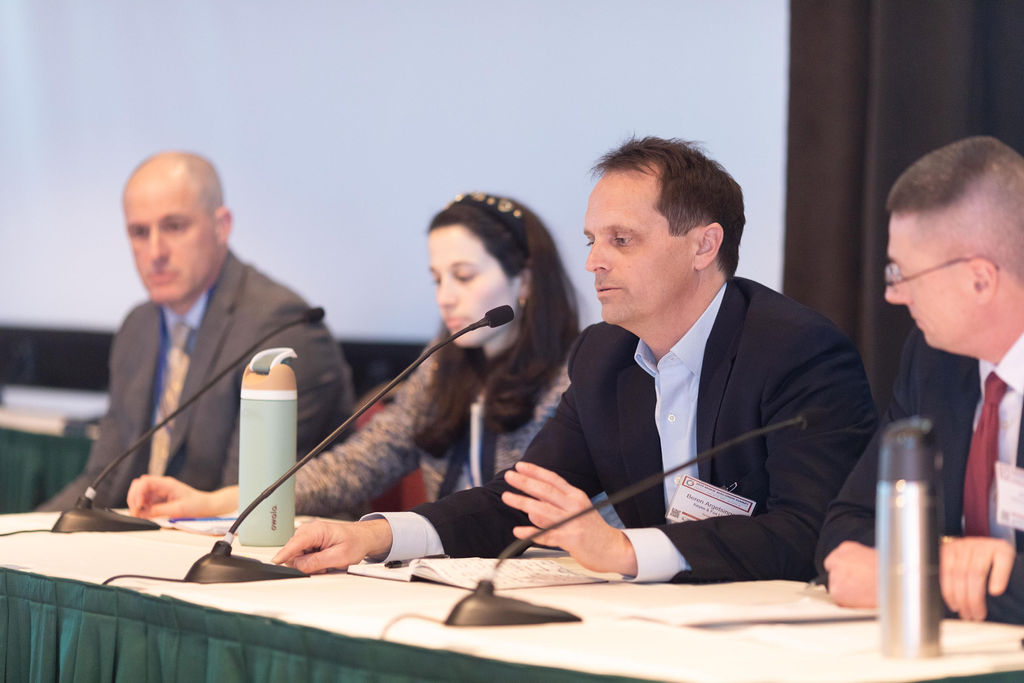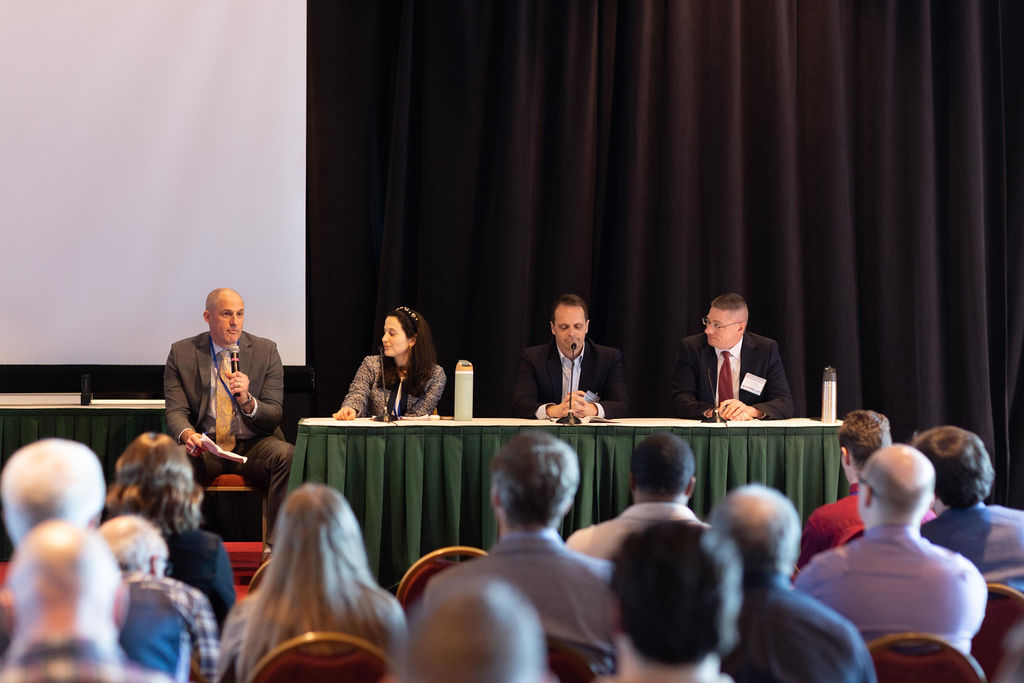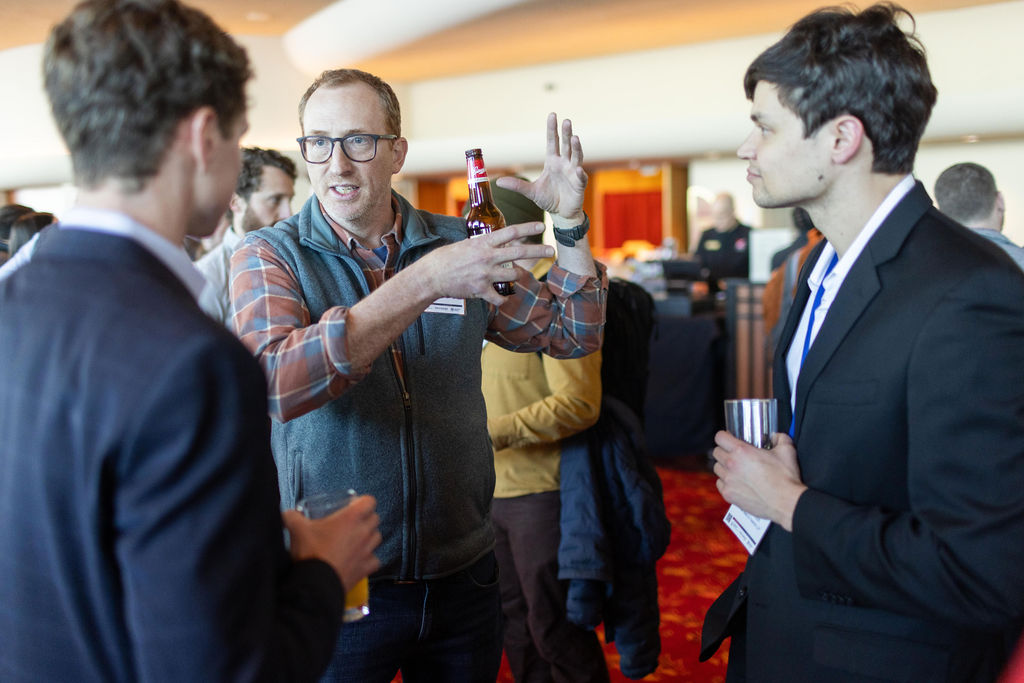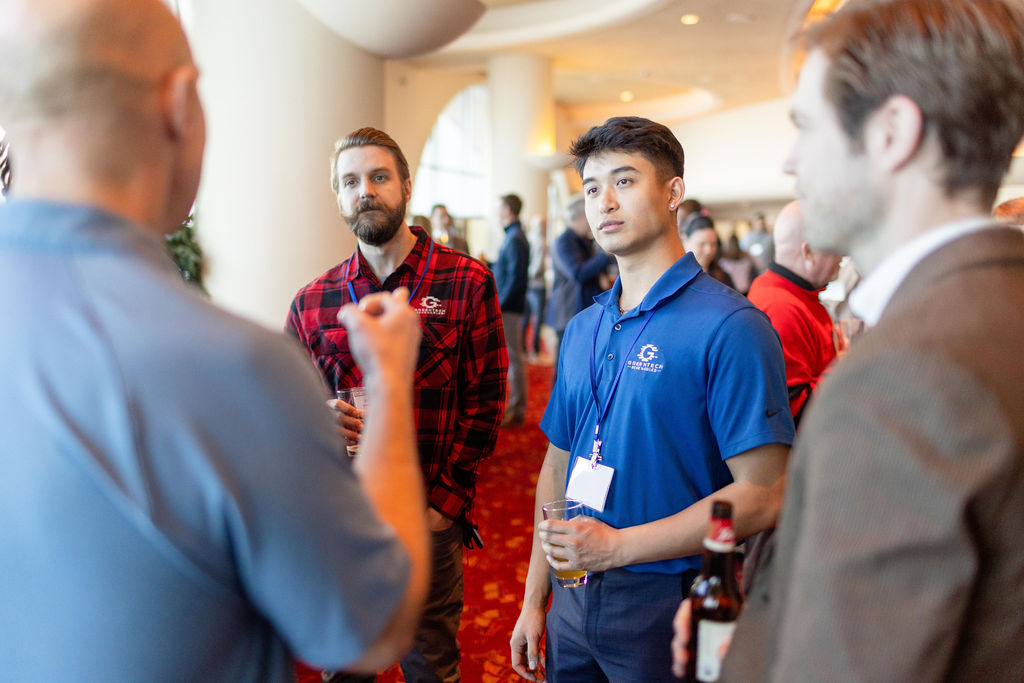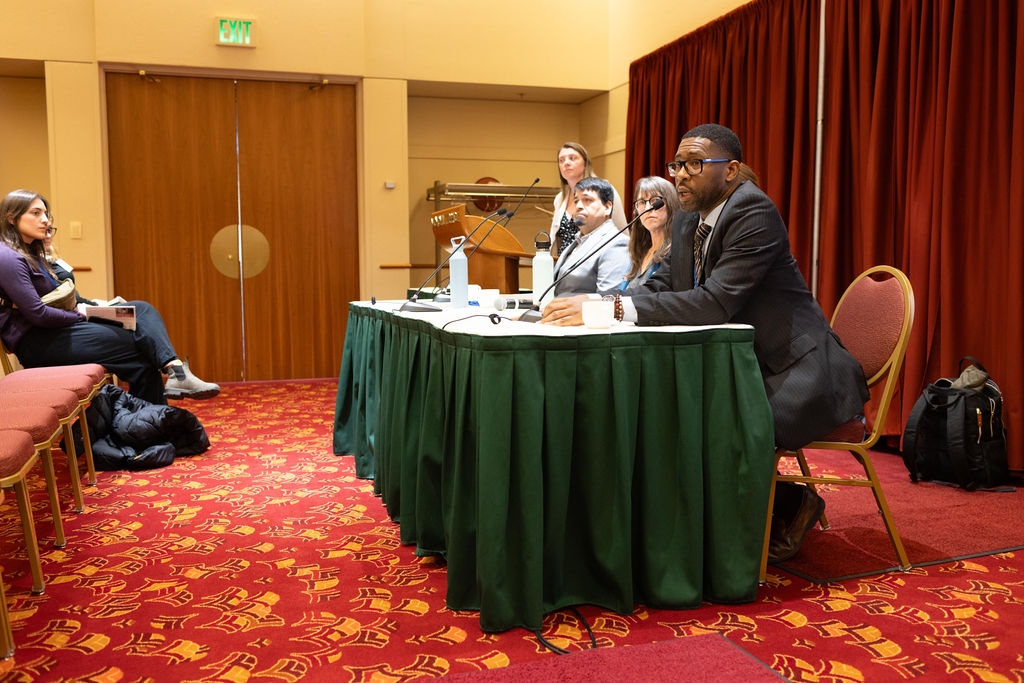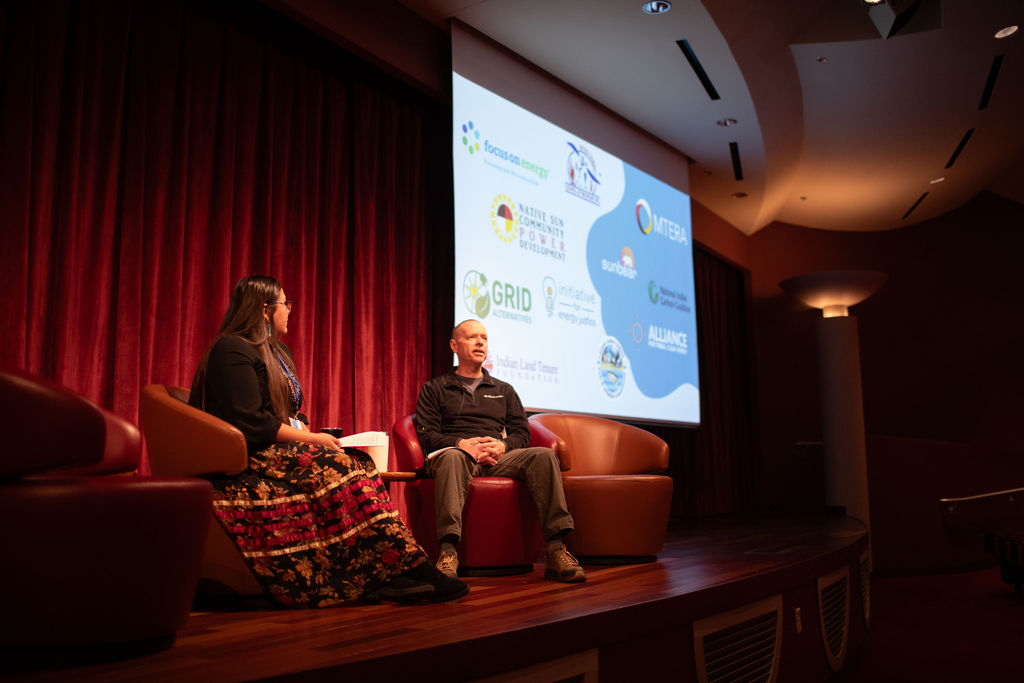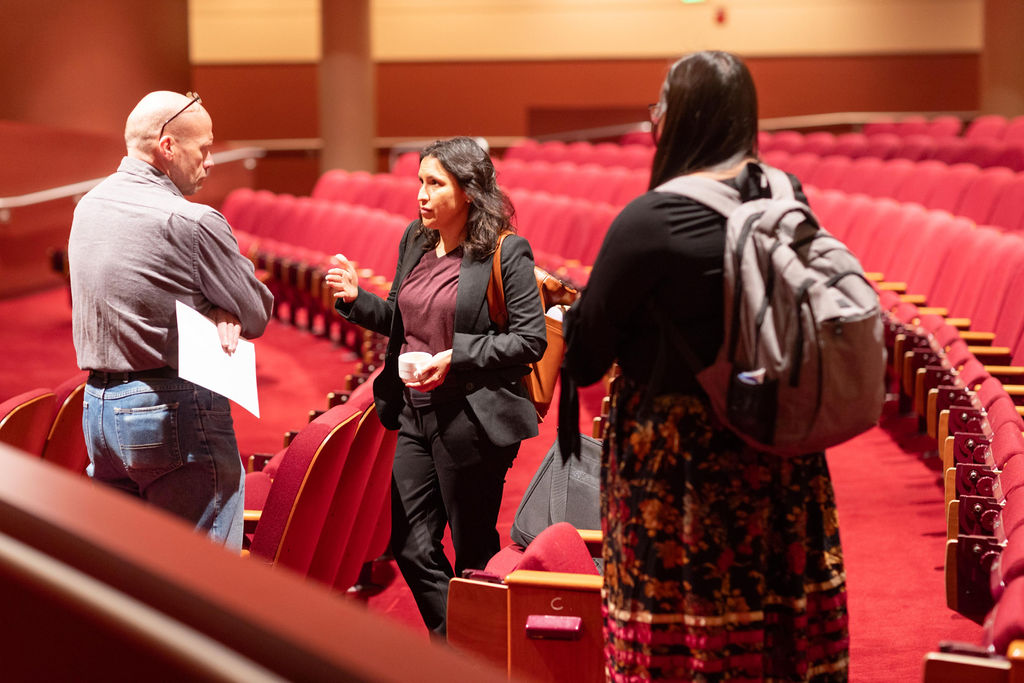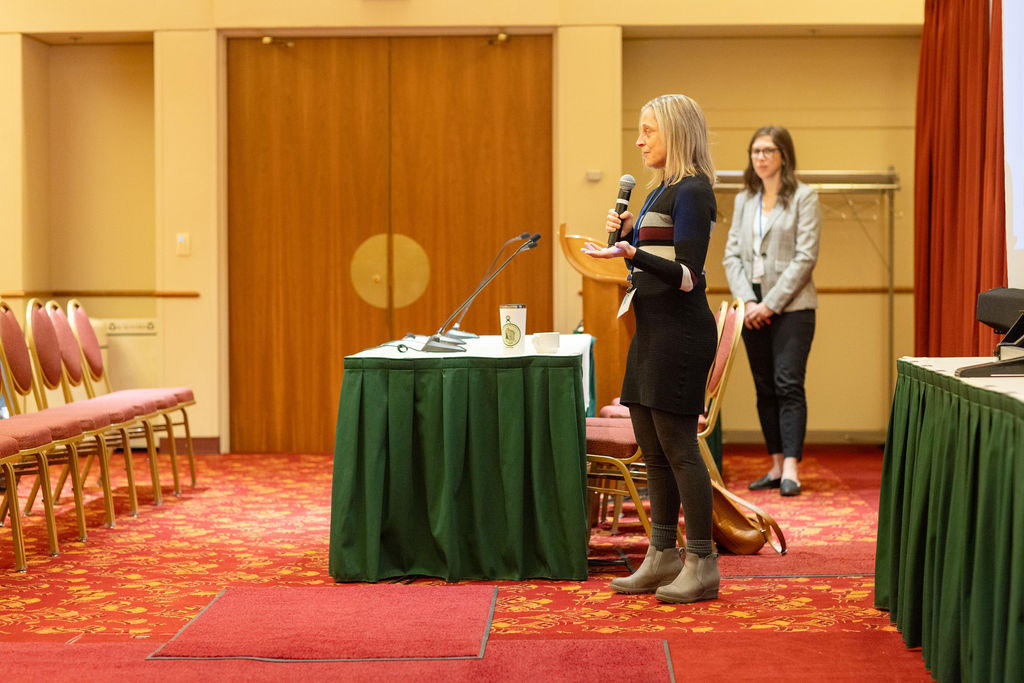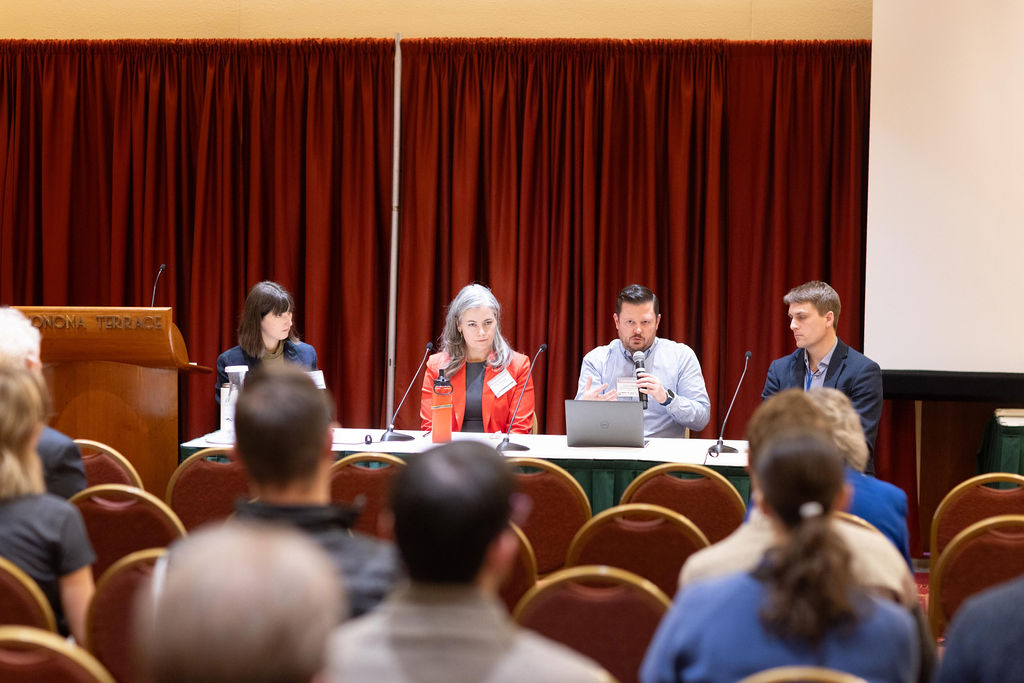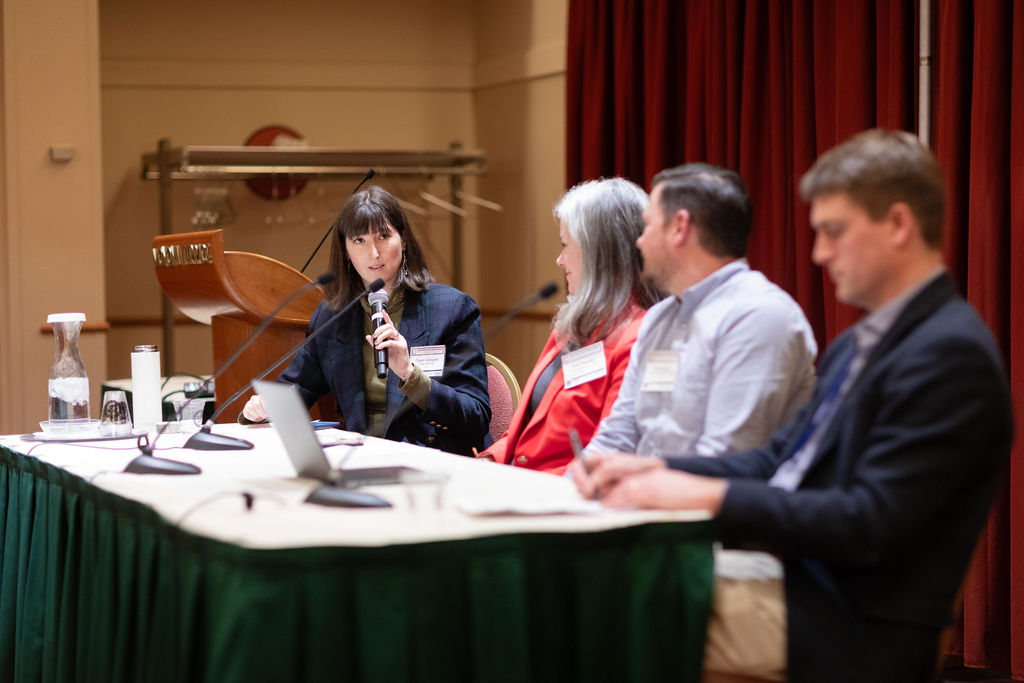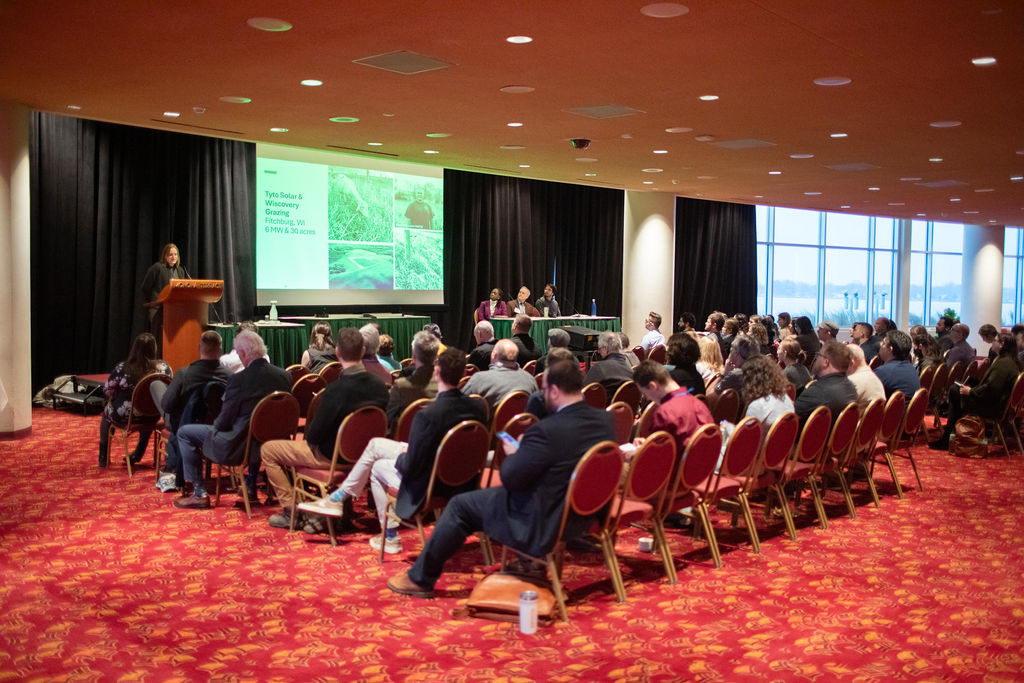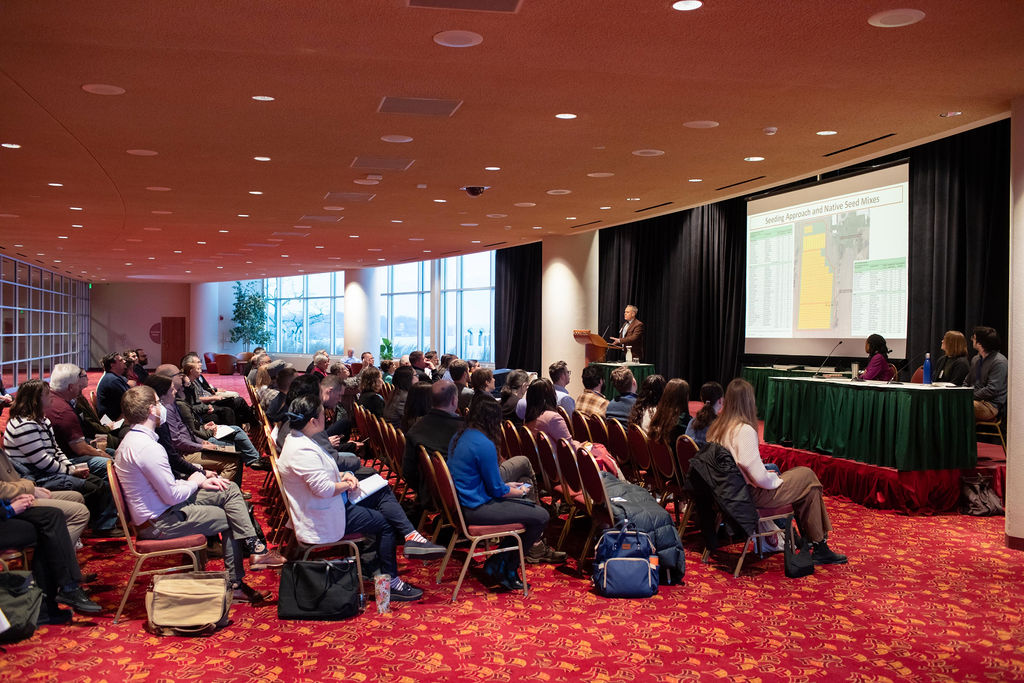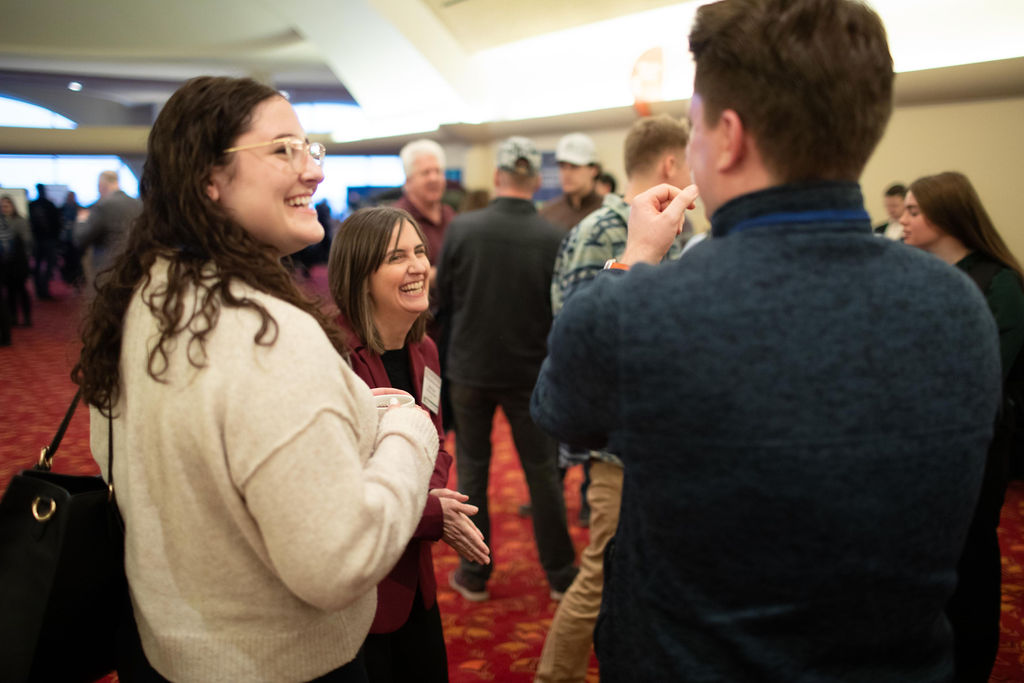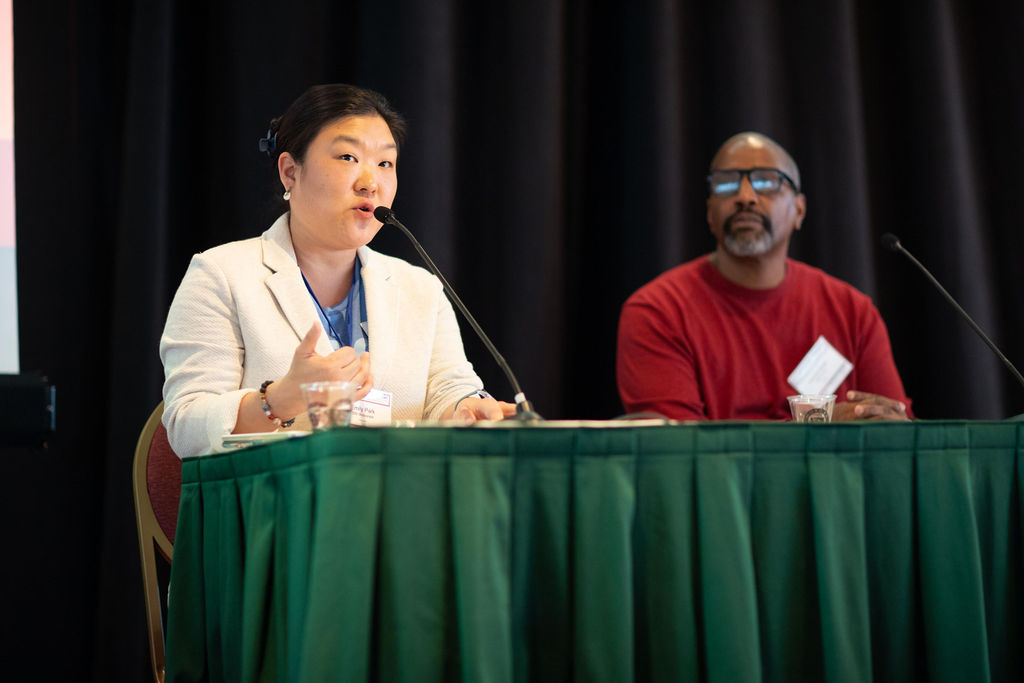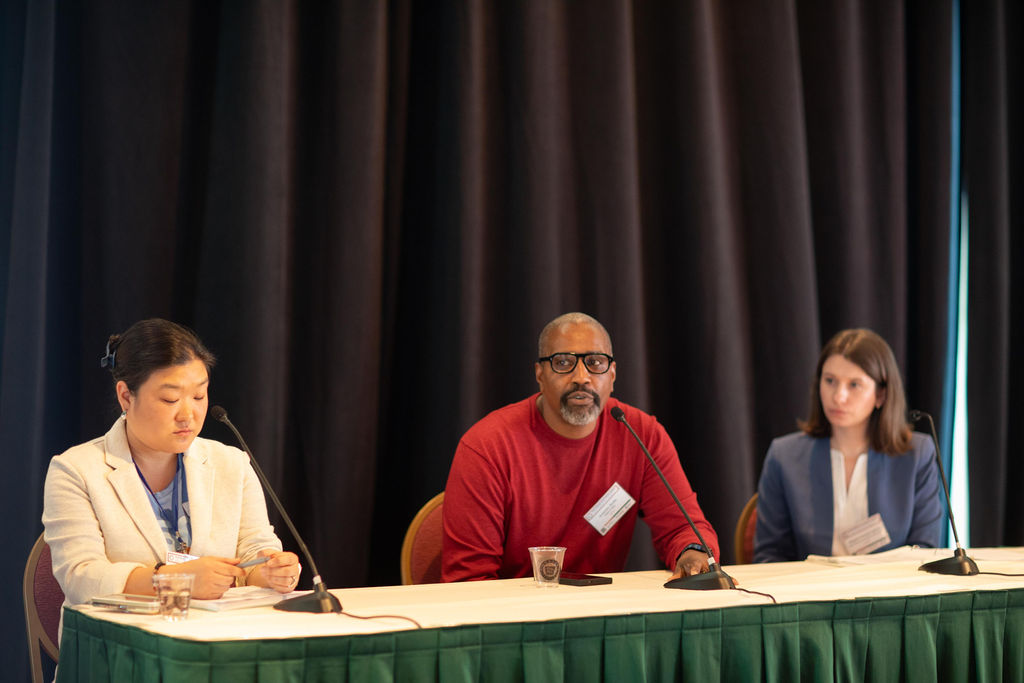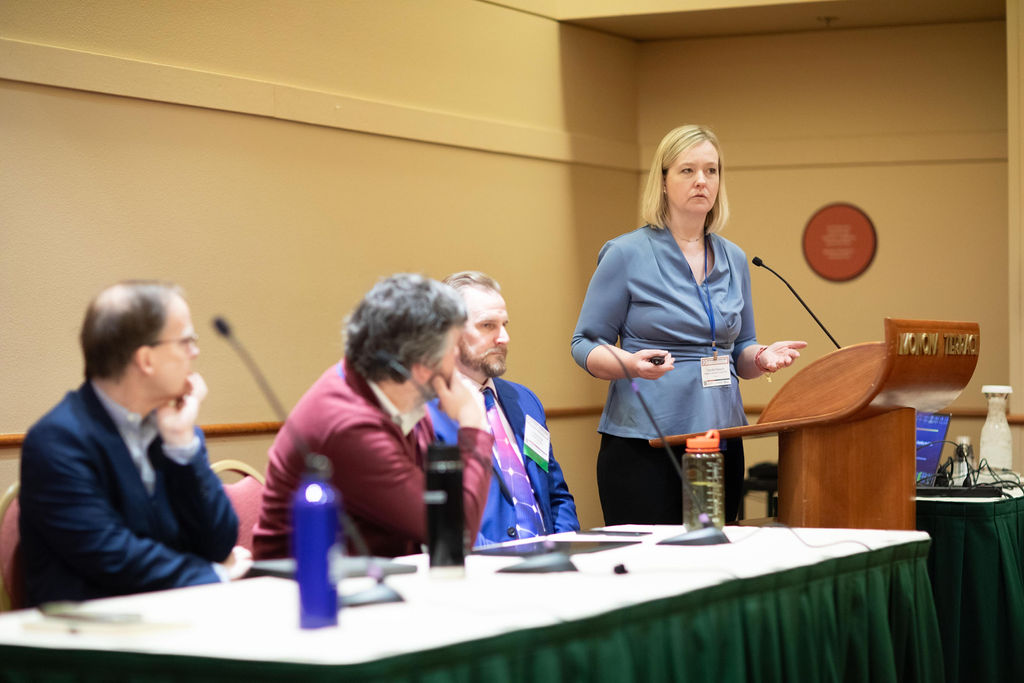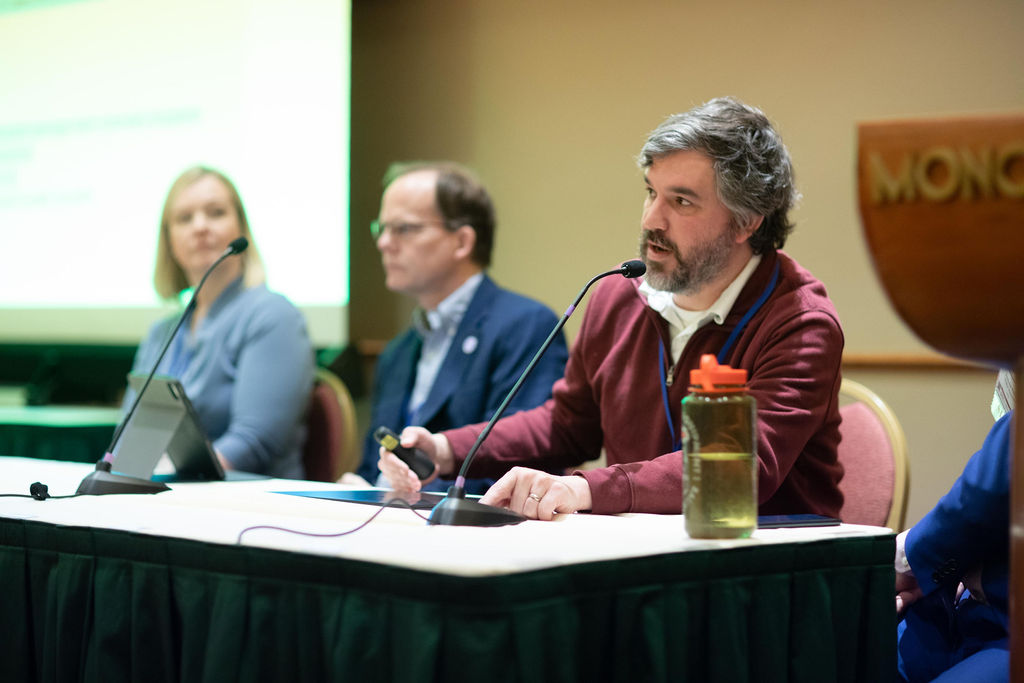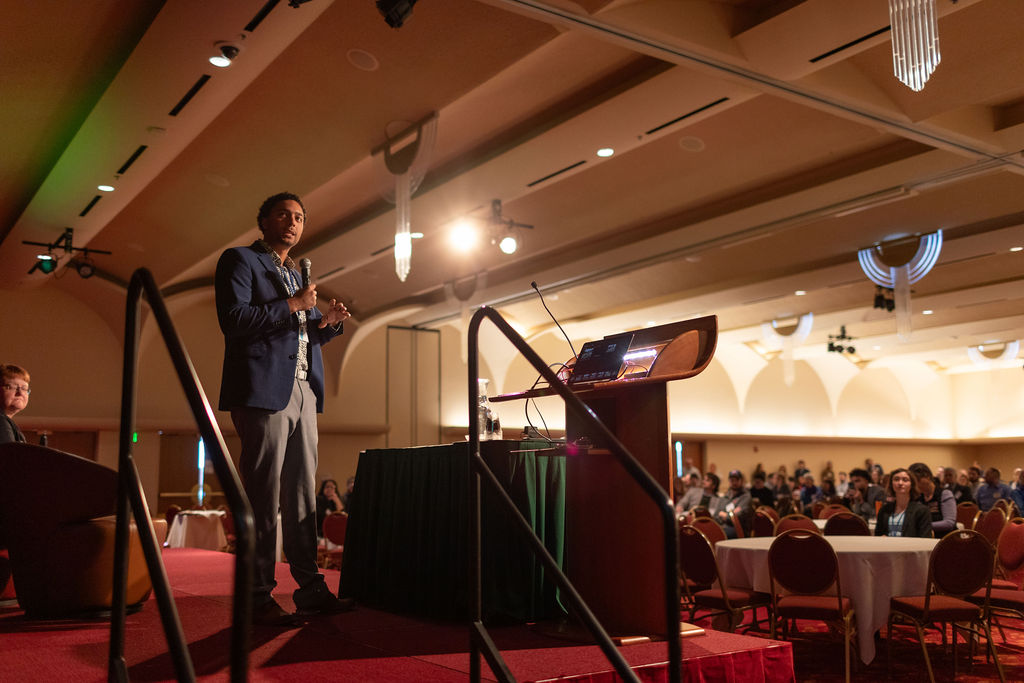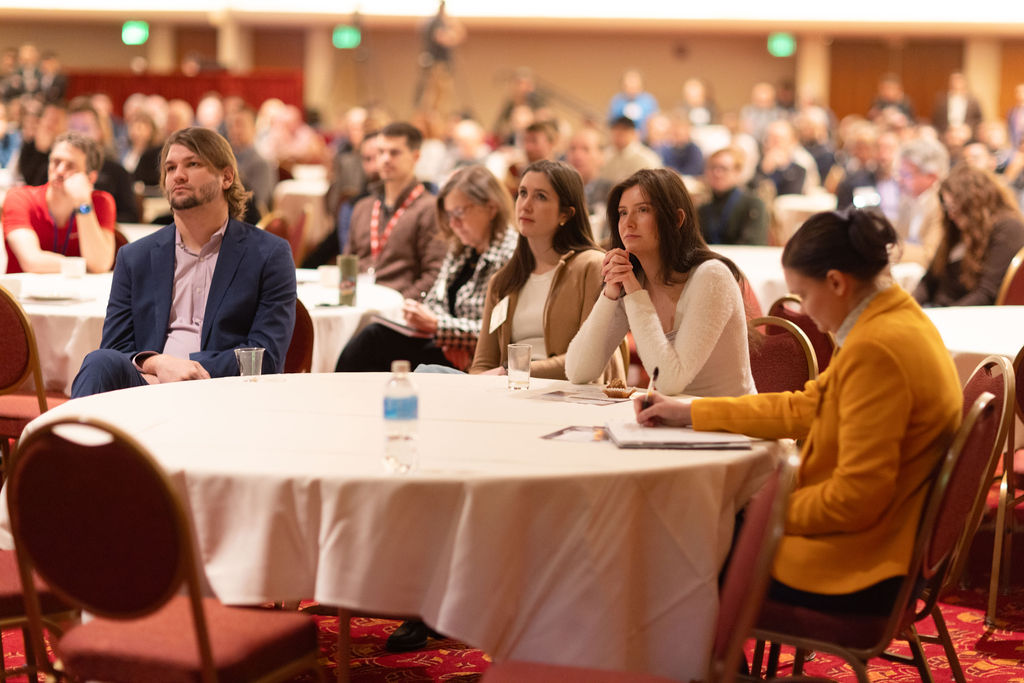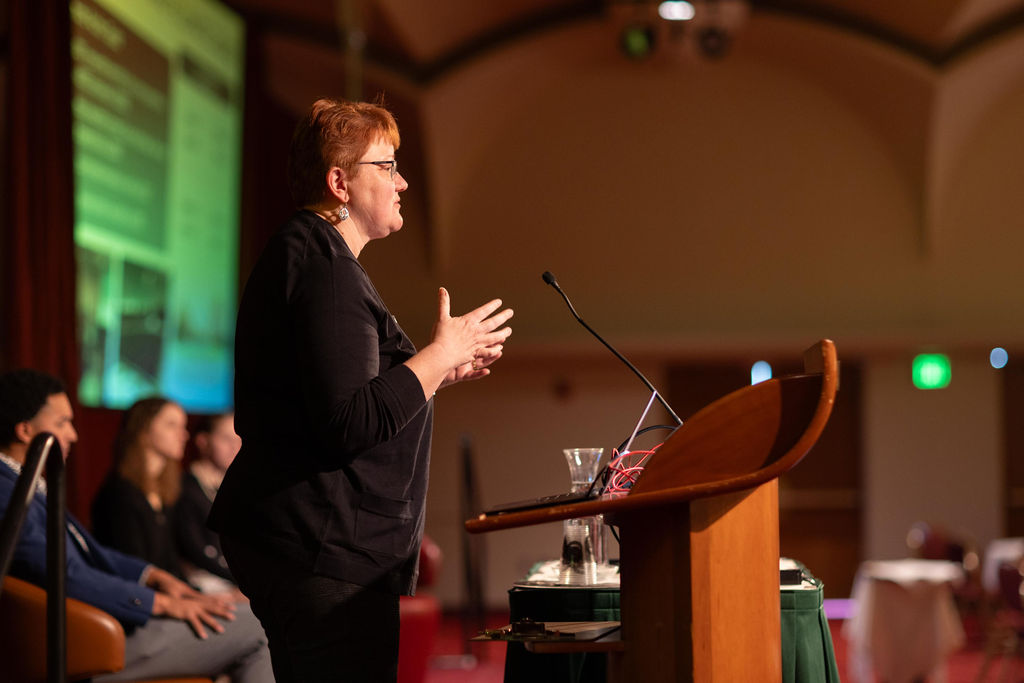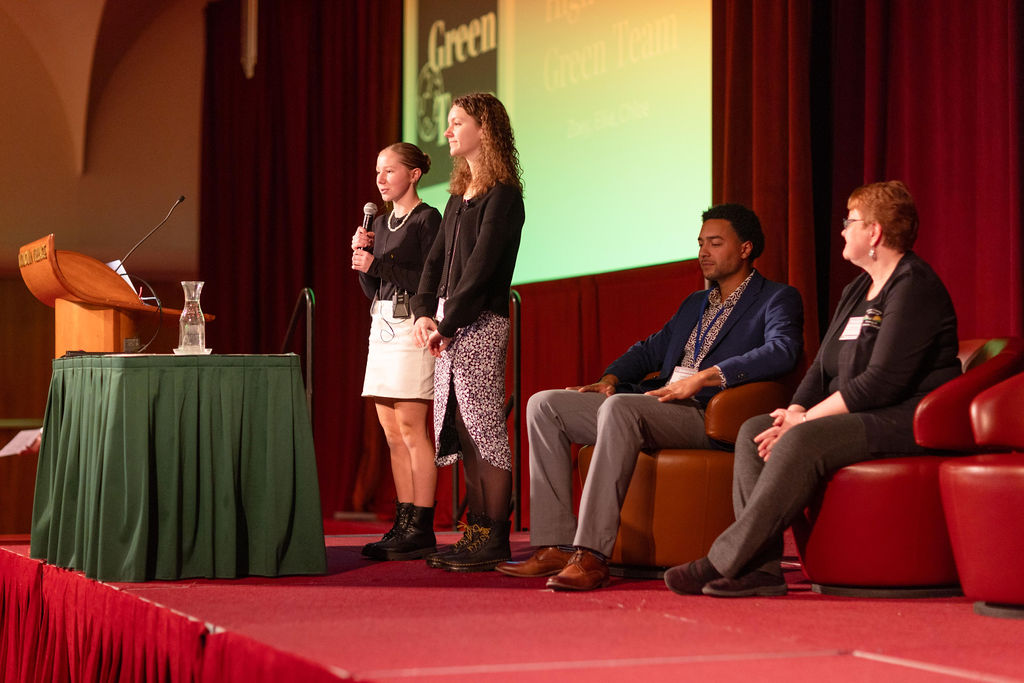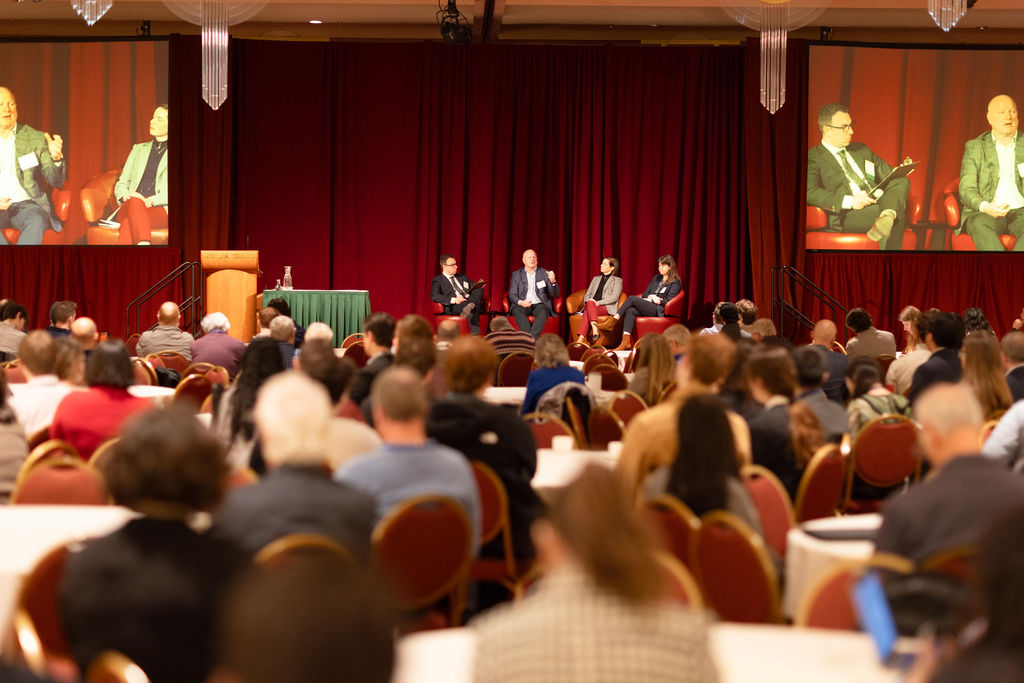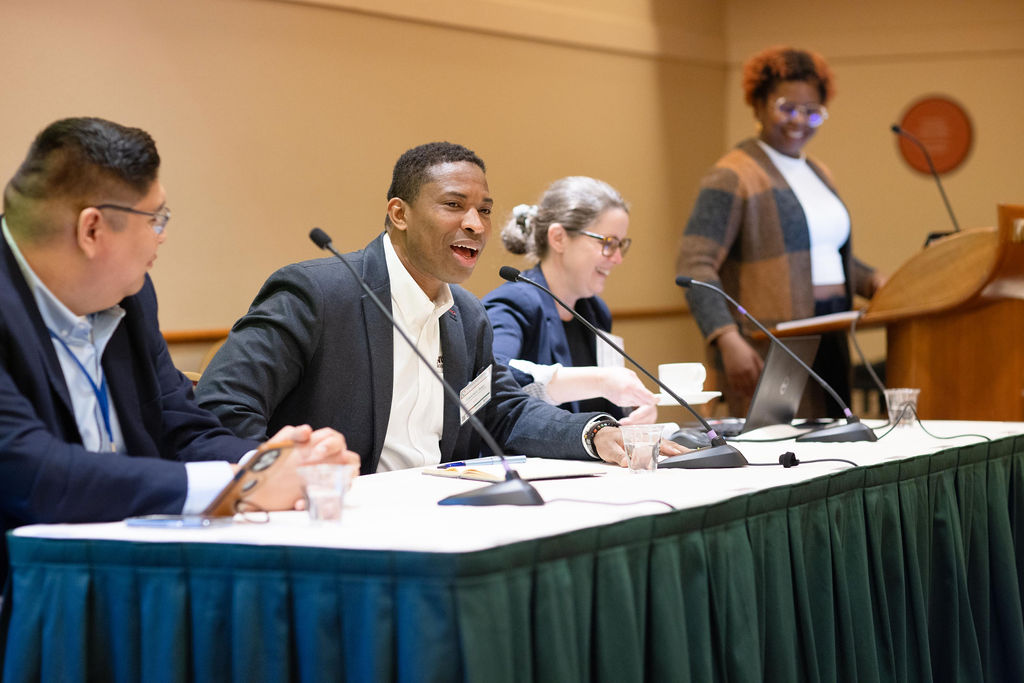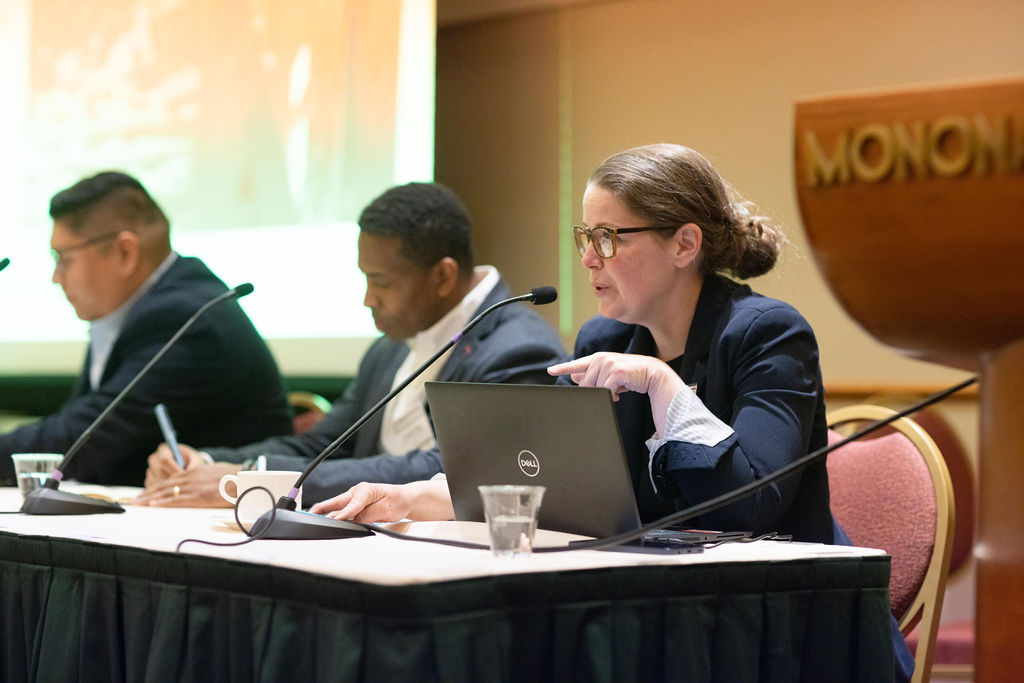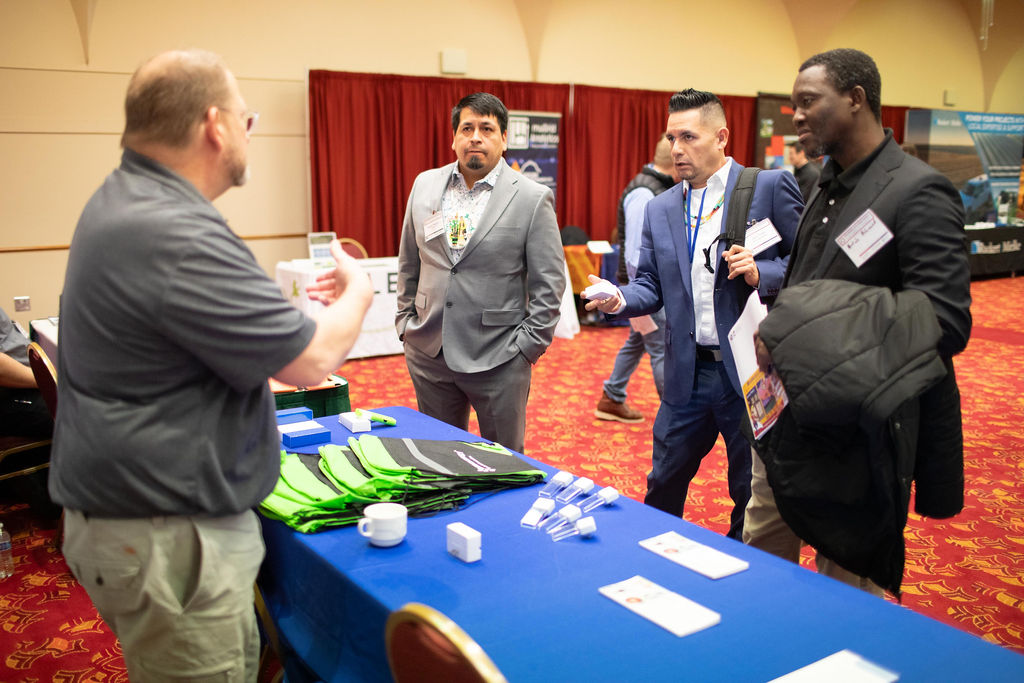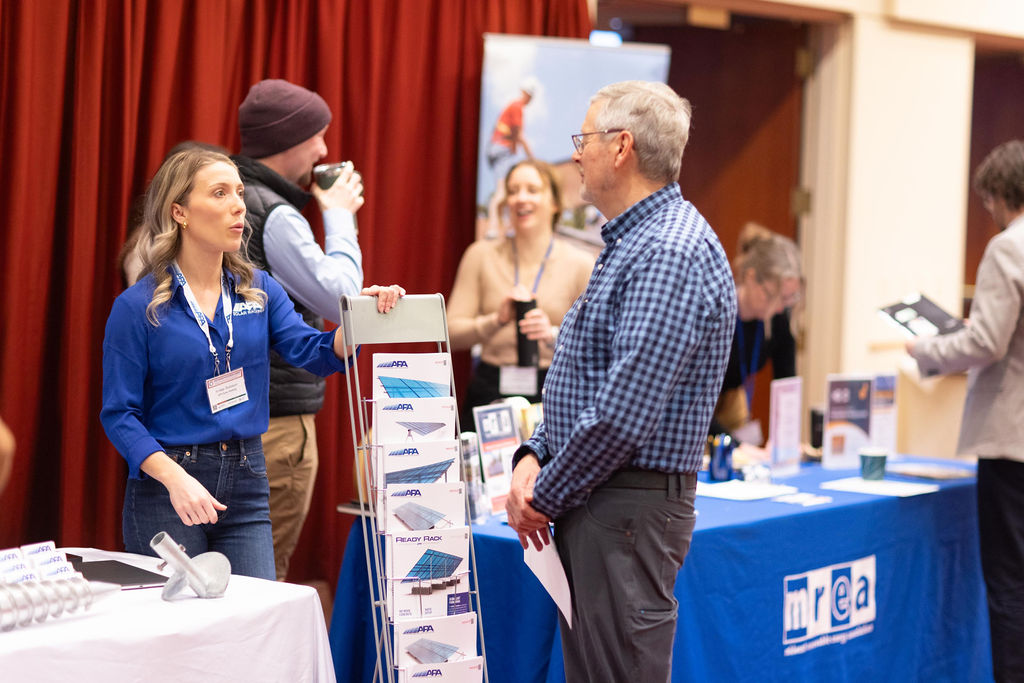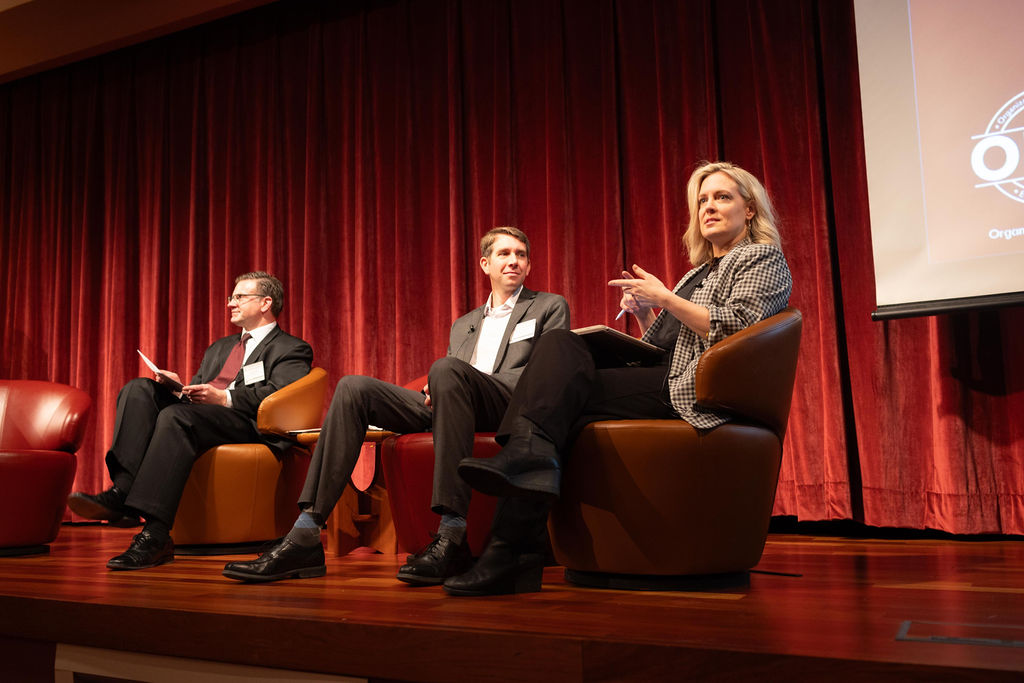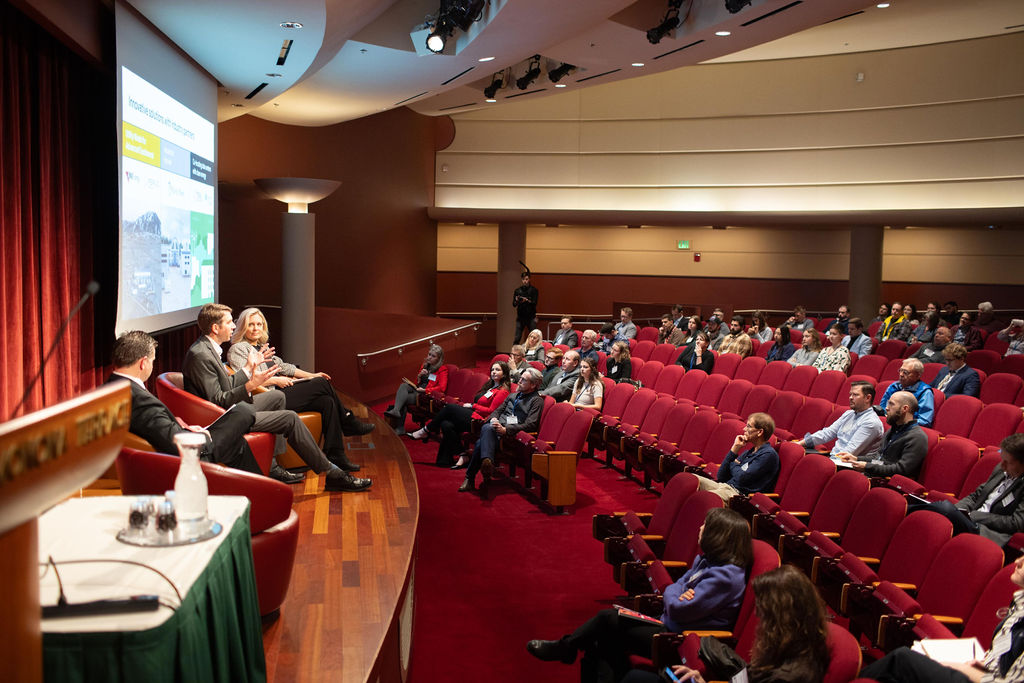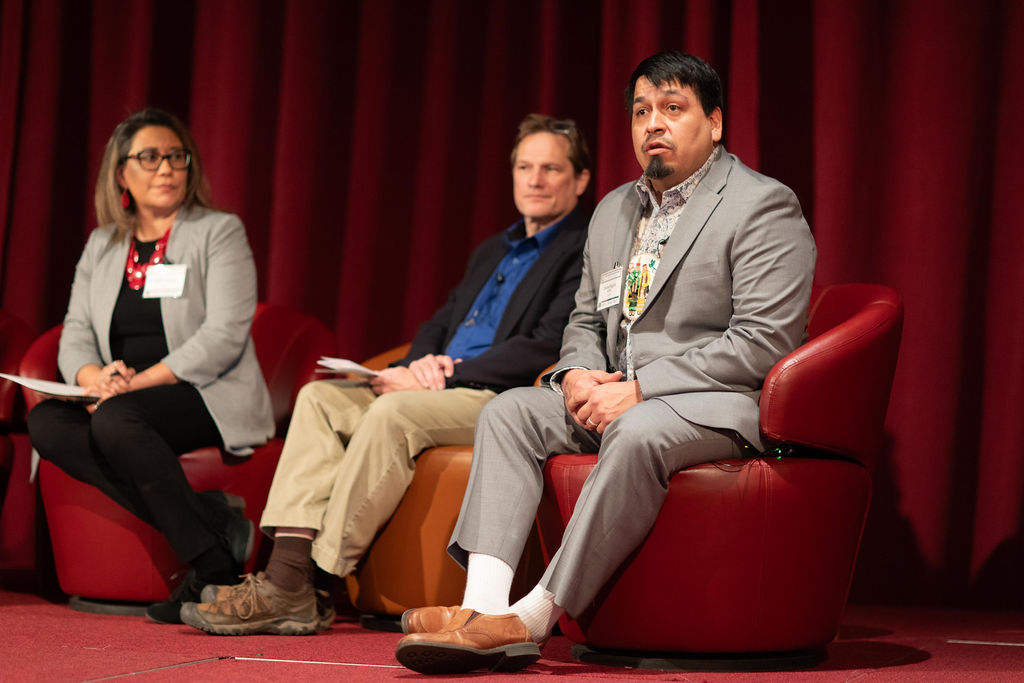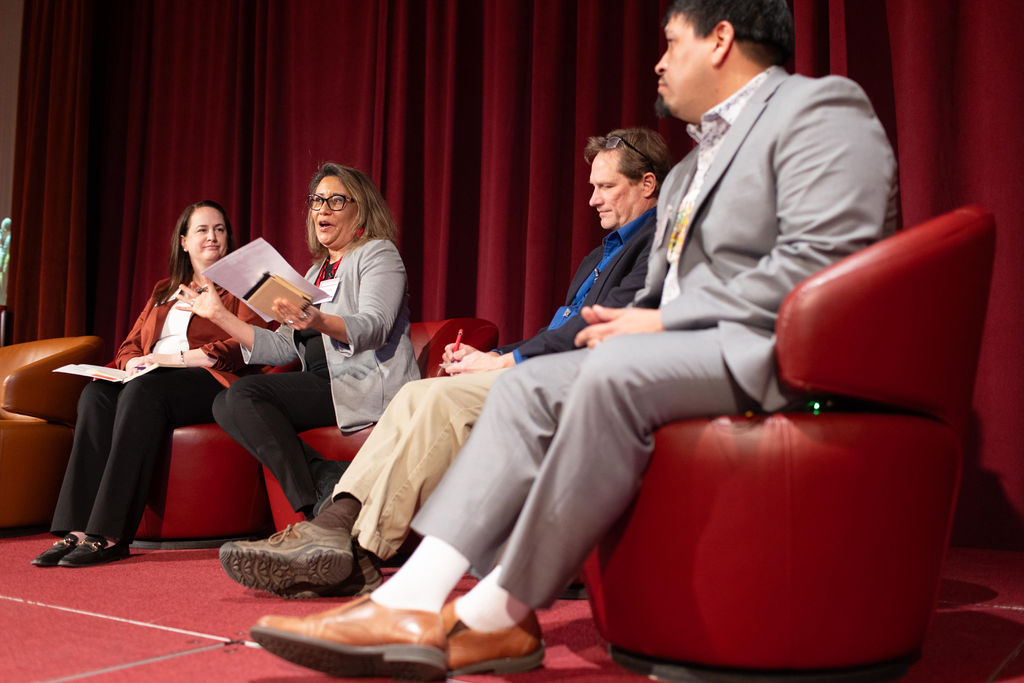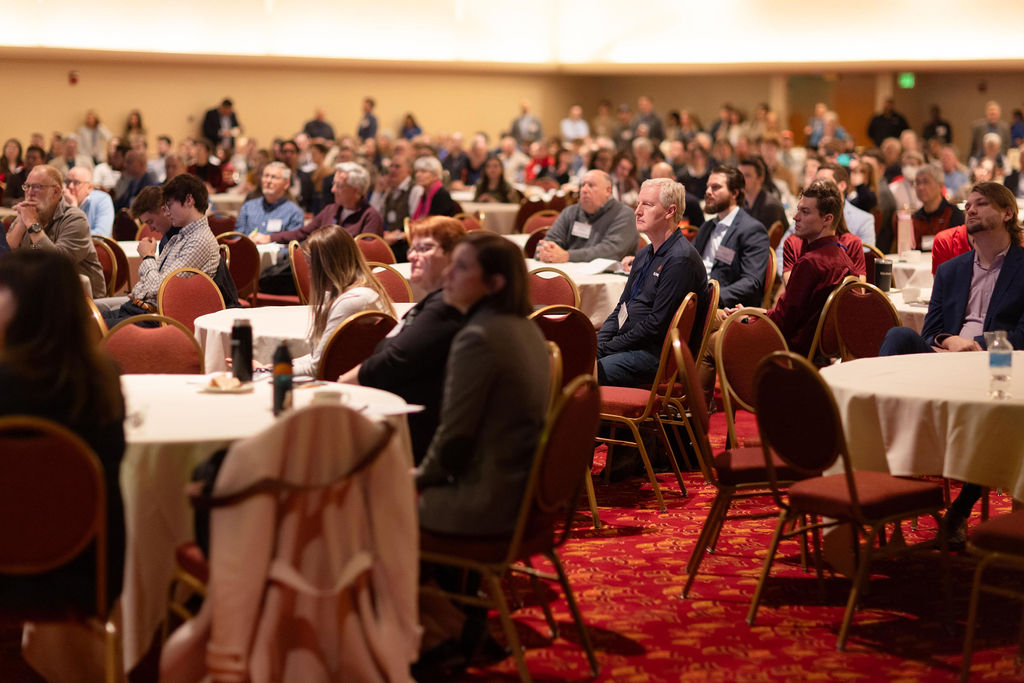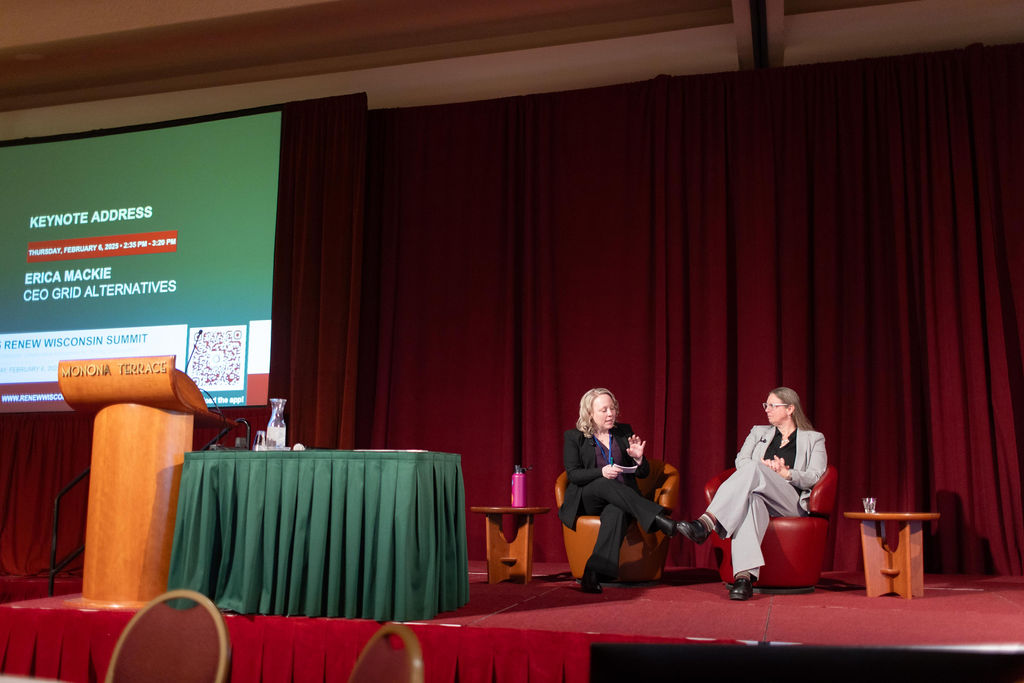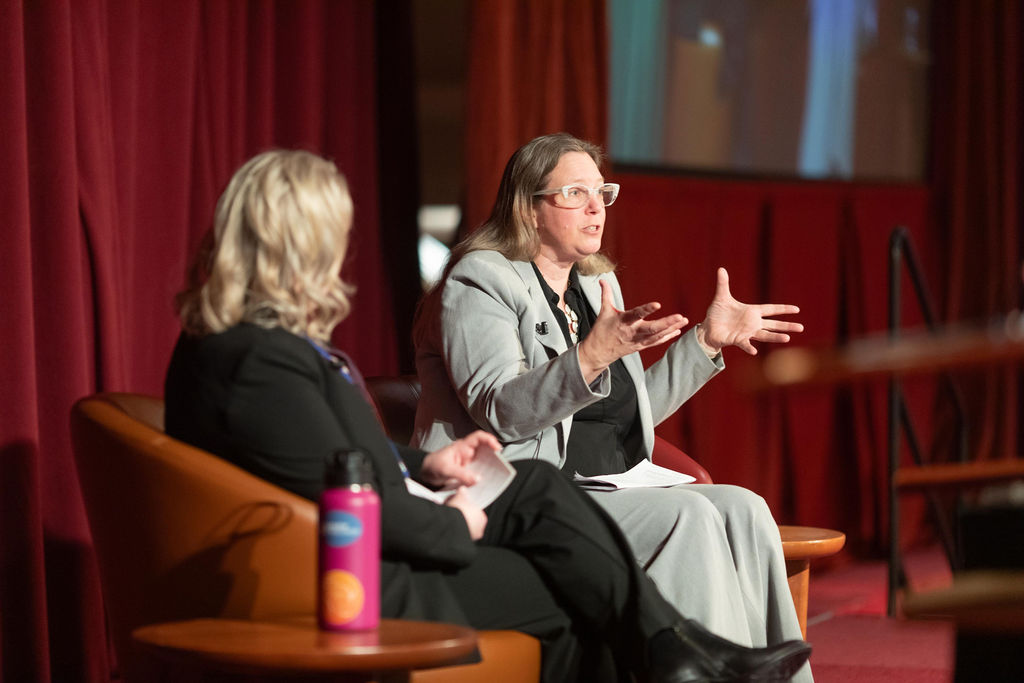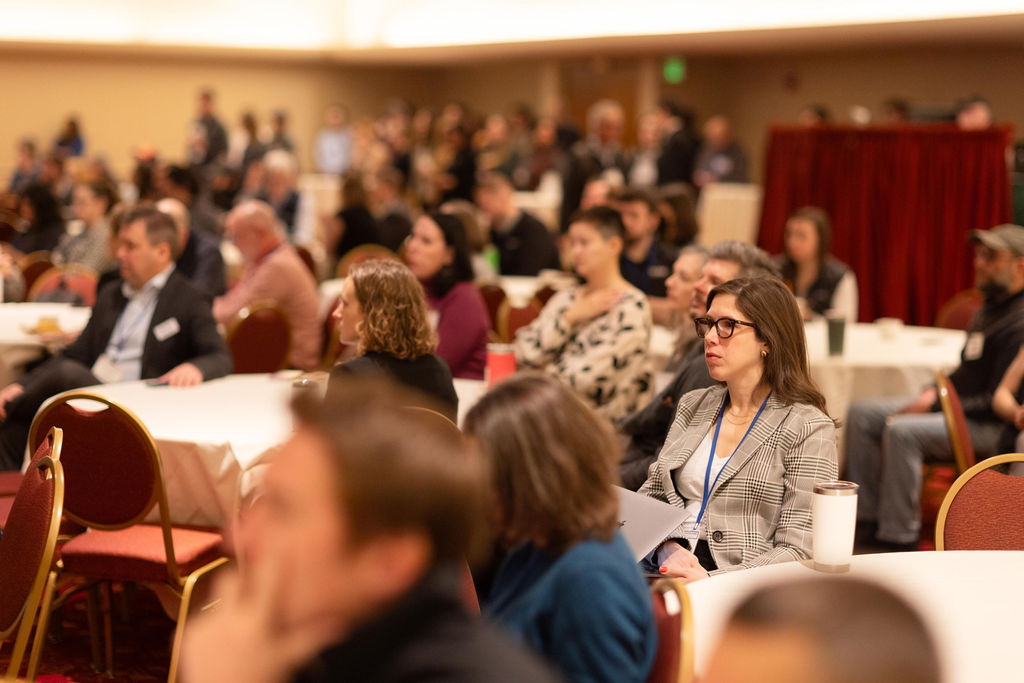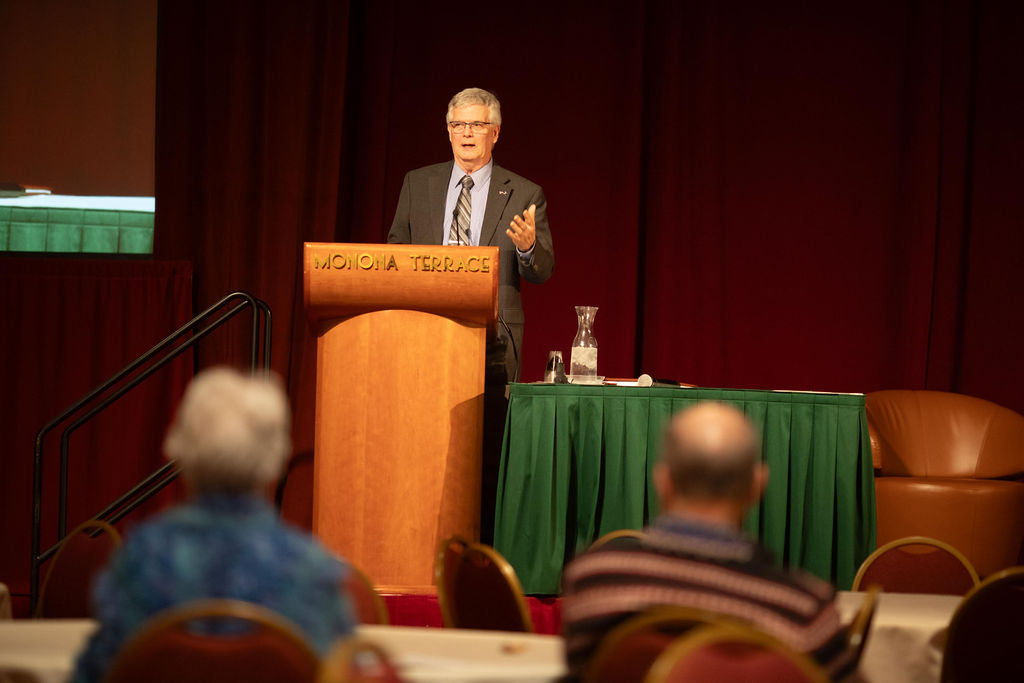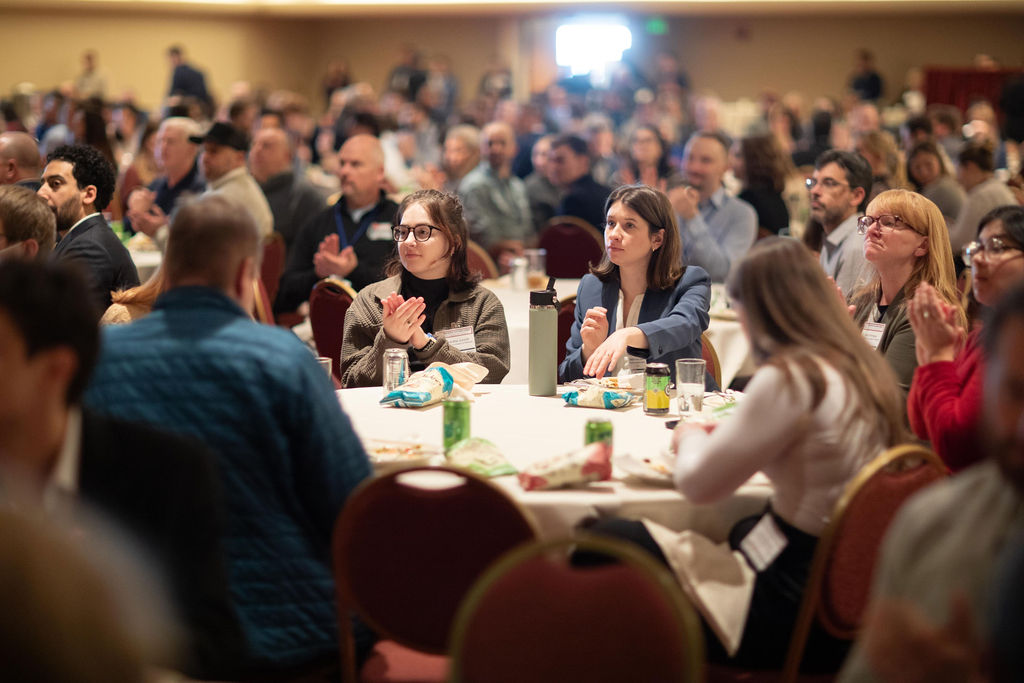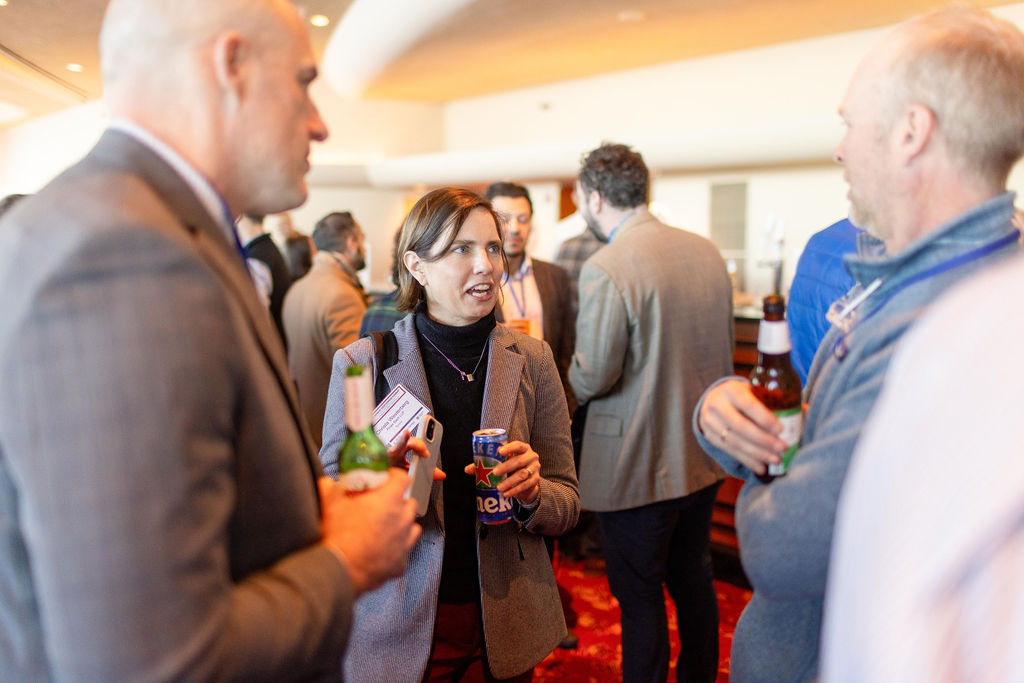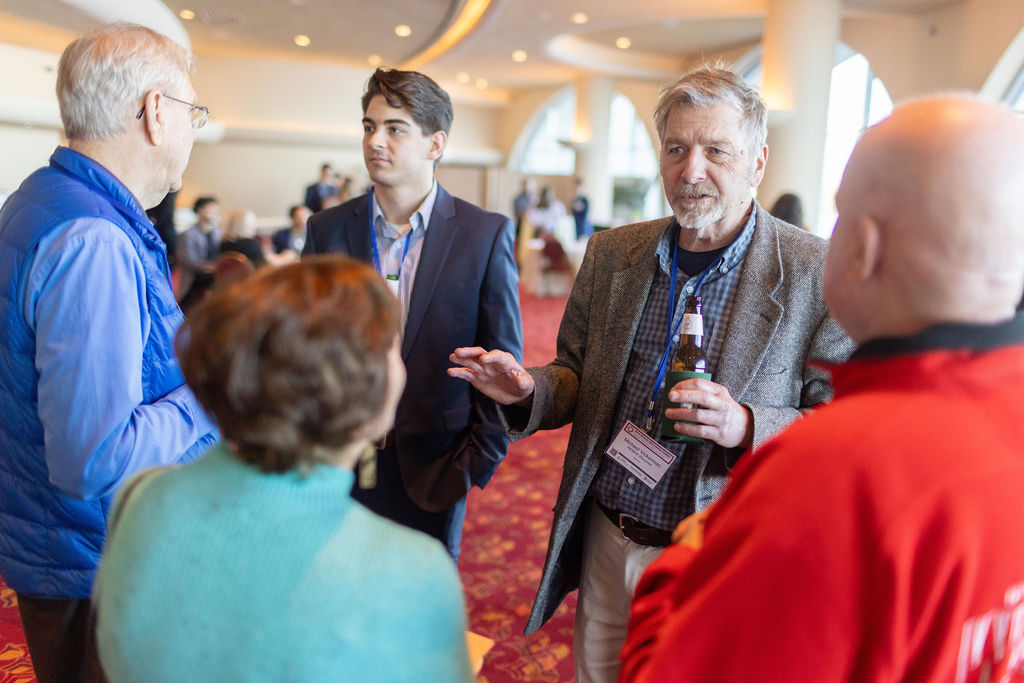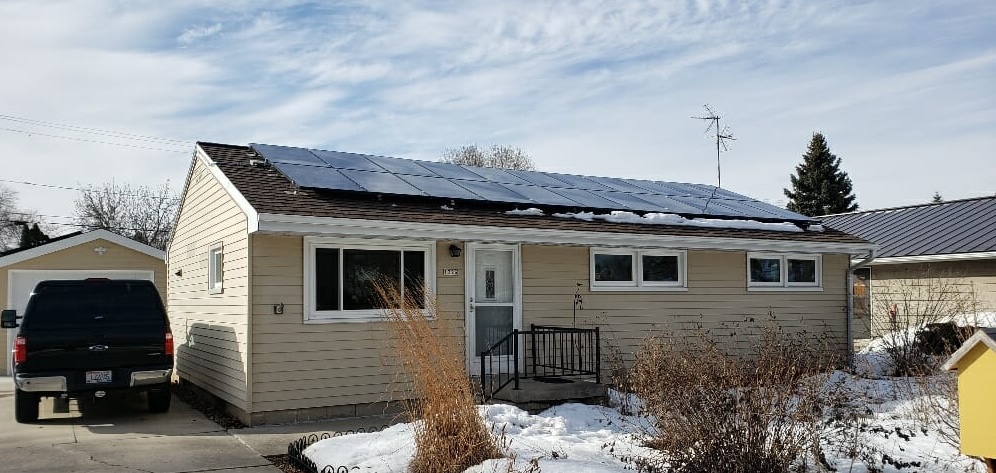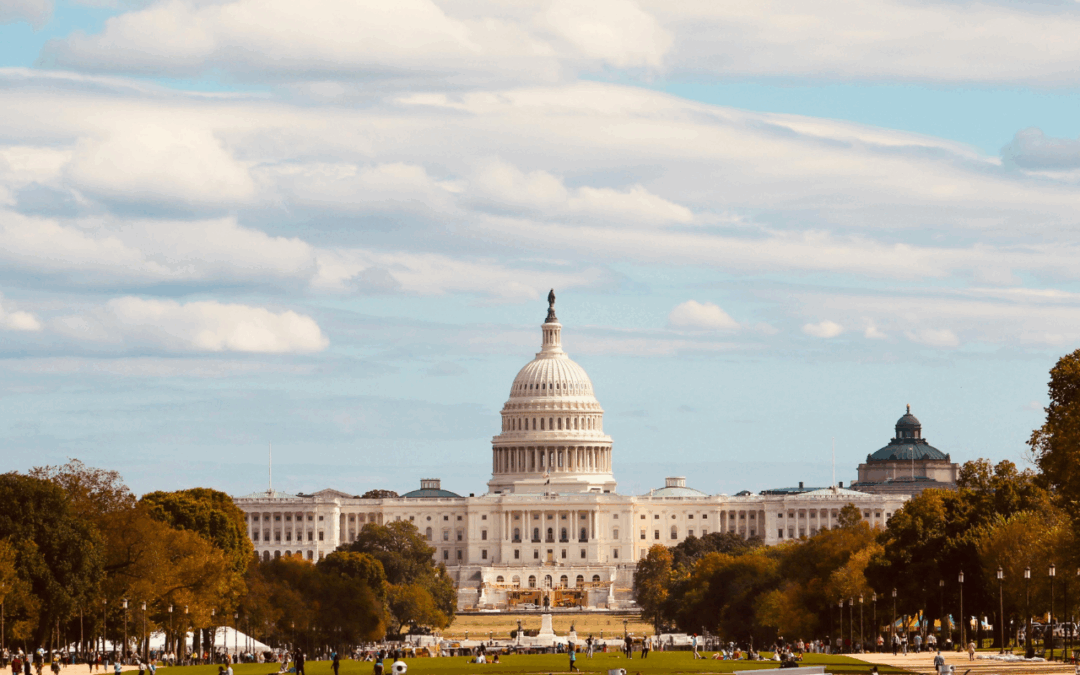
The One Big Beautiful Bill: What It Means for Wisconsin’s Clean Energy Future
On July 4, President Trump signed the sprawling and controversial One Big Beautiful Bill (OBBB)—a massive budget reconciliation package with major implications for renewable energy development nationwide. While the bill is complex, its impacts on solar, storage, manufacturing, and project finance are substantial, and the timelines are tight.
Here’s what Wisconsin’s clean energy developers and businesses need to know, without the fluff.
Construction Start Dates: Get Moving Now
If you’re planning utility-scale solar, wind, or storage projects, start now. Waiting could cost you the federal tax credits that make these projects financially viable.
The bill incentivizes two waves of project starts:
– By December 31, 2025: To avoid the new restrictions on Chinese-made equipment and financing.
– Projects that begin construction by July 4, 2026, will be safe harbored under the old rules and have until the end of 2030 to be placed in service—effectively avoiding the stricter December 31, 2027 deadline.
The IRS has used a flexible standard since 2013 to define “construction start,” but that’s about to change. President Trump issued an executive order on July 7 directing Treasury to tighten the rules. Symbolic gestures like minimal site work or vague contracts likely won’t be enough anymore.
Technology-Neutral Tax Credits (Sections 45Y & 48E)
The OBBB confirms the transition to technology-neutral tax credits, which apply to:
– Zero or negative greenhouse gas emission power projects
– Energy storage (regardless of emissions)
Potential value: 30–70% of project cost, plus bonus credits for domestic content and energy communities.
Key deadline: Solar and wind projects must be in service by December 31, 2027 — unless construction begins before July 4, 2026.
Non-solar and non-wind projects (like geothermal, hydro, and biomass) have until the end of 2033 to start construction at the full credit rate, with step-downs in 2034 and 2035.
FEOC Rules: Chinese Equipment and Financing Under Fire
Beginning in 2026, projects using certain Chinese-made equipment or financing will be ineligible for major federal tax credits.
Exemption: Projects under construction by December 31, 2025.
Developers should begin sourcing alternatives now. Compliance with FEOC (Foreign Entity of Concern) rules is critical to preserving project economics.
End of the Road for the 25D Residential Clean Energy Credit
Homeowners will no longer be eligible for the 30% Residential Clean Energy Credit (Section 25D) for systems placed in service after December 31, 2025. This applies to residential solar PV, battery storage, geothermal heat pumps, and other eligible technologies. Originally set to phase down gradually through 2034, the credit is now scheduled to end abruptly.
Unlike the commercial credit (48), Section 25D only applies to systems that are owned directly by the homeowner—not those installed under a lease or third-party power purchase agreement (PPA). This change hits especially hard in states like Wisconsin, where third-party financing remains legally ambiguous or restricted. Without the 25D credit or clear pathways for leasing, many homeowners could be effectively locked out of affordable clean energy options
What Does “Completed” Mean?
According to IRS and Treasury guidance, a system is only considered “placed in service” when it is fully installed, operational, and legally interconnected. Merely signing a contract, incurring preliminary expenses, pulling permits, or partially installing equipment does not qualify. The system must be fully functional and delivering energy to the grid by December 31, 2025.
While the IRS has historically applied a flexible standard for defining when “construction starts”—allowing for symbolic gestures like minor site work or vague contracts—that’s changing. A July 7 executive order from President Trump directs the Treasury to tighten the rules. Under the new law, substantial expenditure is now being used as the marker of project completion. This means only actual capital outlays toward completed, operational systems will count, raising the bar for what qualifies as “placed in service.”
Can Homeowners Still Use Carryover Credits?
Yes. If a homeowner’s 2025 tax credit exceeds their liability, they can carry over the unused amount into future years.
Example: A $30,000 solar system yields a $9,000 tax credit. If the homeowner’s 2025 tax liability is $6,000, the remaining $3,000 carries forward to 2026.
Action Steps for Installers
– Push to finalize and install projects well before year-end.
– Educate customers about the “placed in service” requirement.
– Help customers understand how carryover works for high-ticket systems.
Battery and Solar Manufacturing (Section 45X): Tightened and Trimmed
Manufacturing credits remain, but are more limited:
– Wind components lose eligibility after 2027.
– Stacking credits is restricted unless components are made domestically and in the same facility.
Eligibility has been expanded for battery modules with essential subcomponents, giving manufacturers more flexibility, provided they localize supply chains.
Legacy Credits: Still Alive, With Limits
Projects under construction before December 31, 2024, can still claim the older Section 45/48 credits. These projects avoid FEOC restrictions and retain favorable timelines for completion.
Note: The permanent 10% ITC under Section 48 has been eliminated.
Depreciation and Direct Pay: Shifting Gears
The Modified Accelerated Cost Recovery System (MACRS) is the primary tax depreciation system used in the U.S. It allows businesses to recover the cost of certain tangible property over a specified number of years through annual tax deductions.
– MACRS Depreciation: Projects using tech-neutral credits still get 5-year depreciation. Geothermal projects using legacy credits do not.
– Bonus Depreciation: Restored at 100% for equipment acquired after January 19, 2025.
– Direct Pay: Remains for public entities and select private projects, including carbon capture, hydrogen, and clean tech manufacturing.
Clean Fuels and Carbon Capture
The OBBB makes targeted changes to clean fuel and carbon capture tax credits, tightening eligibility and reshaping project economics:
– Section 45Z: Clean fuel credits extended through 2029. Sustainable airline fuels credit drops to $1/gal in 2026. Feedstocks must be 100% from North America after 2025.
– Section 45Q: Carbon capture credits are now $85/ton for all qualifying uses, but only for new post-enactment projects.
Business Models Must Evolve
Installers, developers, and manufacturers must take decisive steps to adapt:
– Secure construction starts before deadlines.
– Rethink sourcing strategies in light of FEOC restrictions.
– Educate customers on the 25D deadline and maximize installations in 2025.
– Invest in domestic manufacturing and battery assembly capabilities.
Final Takeaway: The Clock Is Ticking
The OBBB is both a challenge and an opportunity. The incentives remain strong, but the rules are tighter, timelines are shorter, and the margin for error is shrinking.
Wisconsin’s clean energy sector must act with urgency, clarity, and discipline. Success in this new landscape will require speed and resilience—the kind built through strong partnerships, local supply chains, and long-term strategic planning.
RENEW Wisconsin can decode the bill’s nuances, support your project pipeline, and keep building momentum toward a resilient energy future.
Need help navigating the changes?
Let’s chart the path forward together—connect with our team to explore how these changes impact your projects and where RENEW Wisconsin can help.

